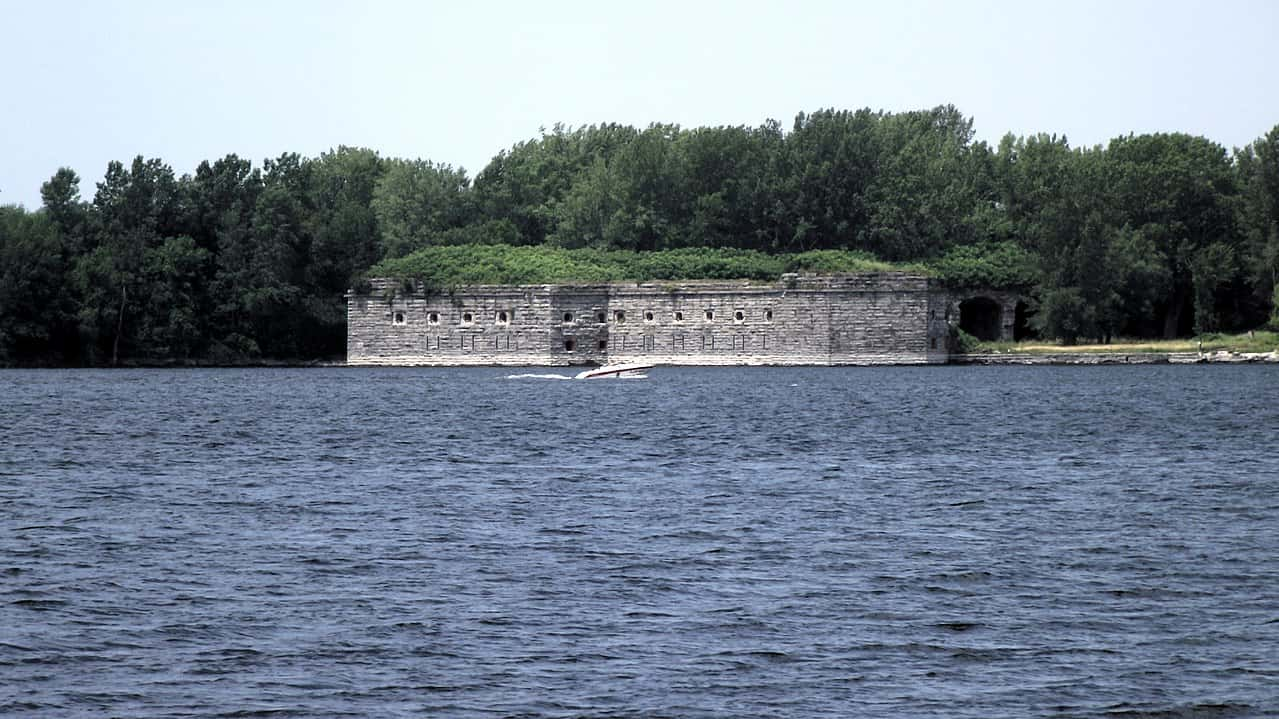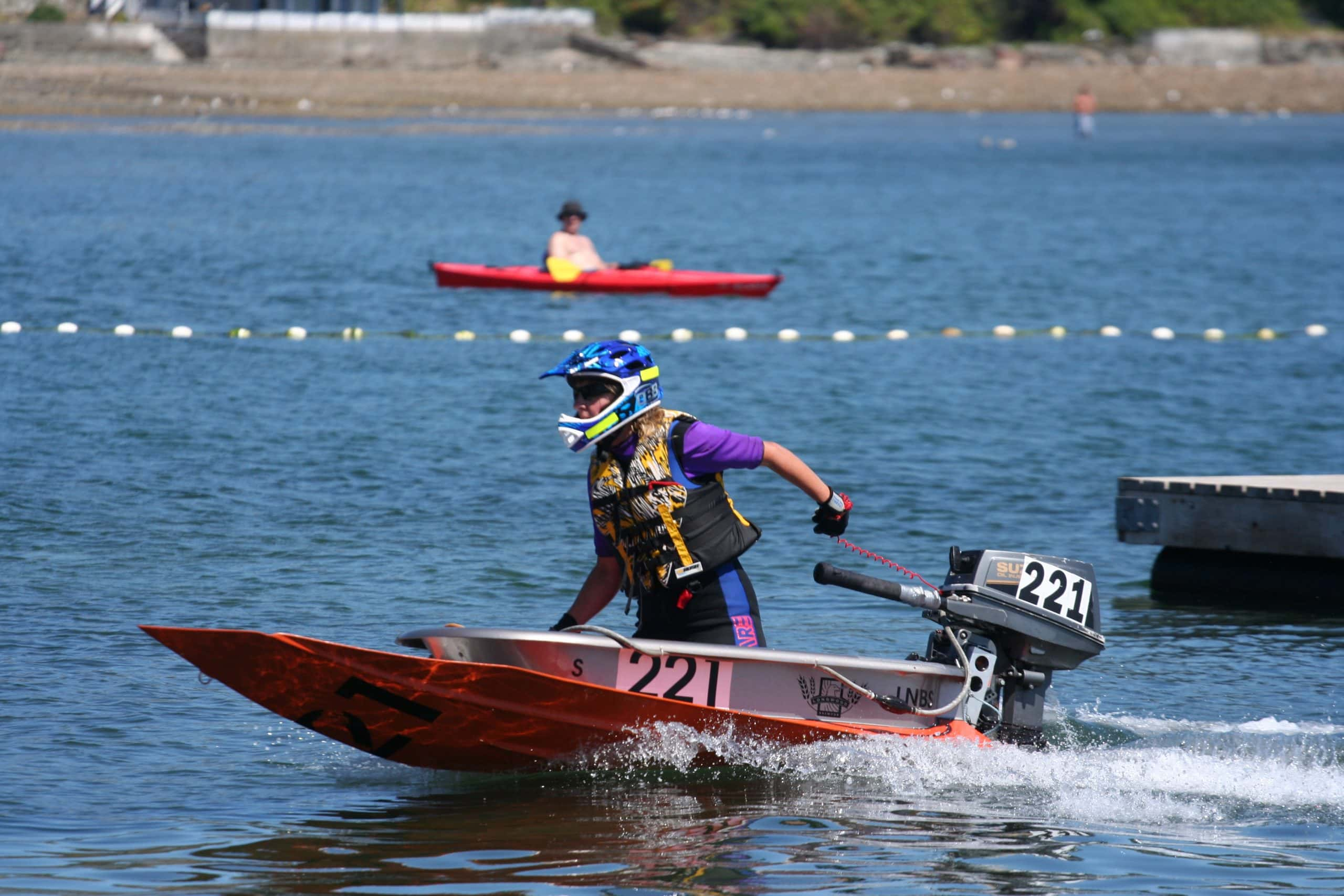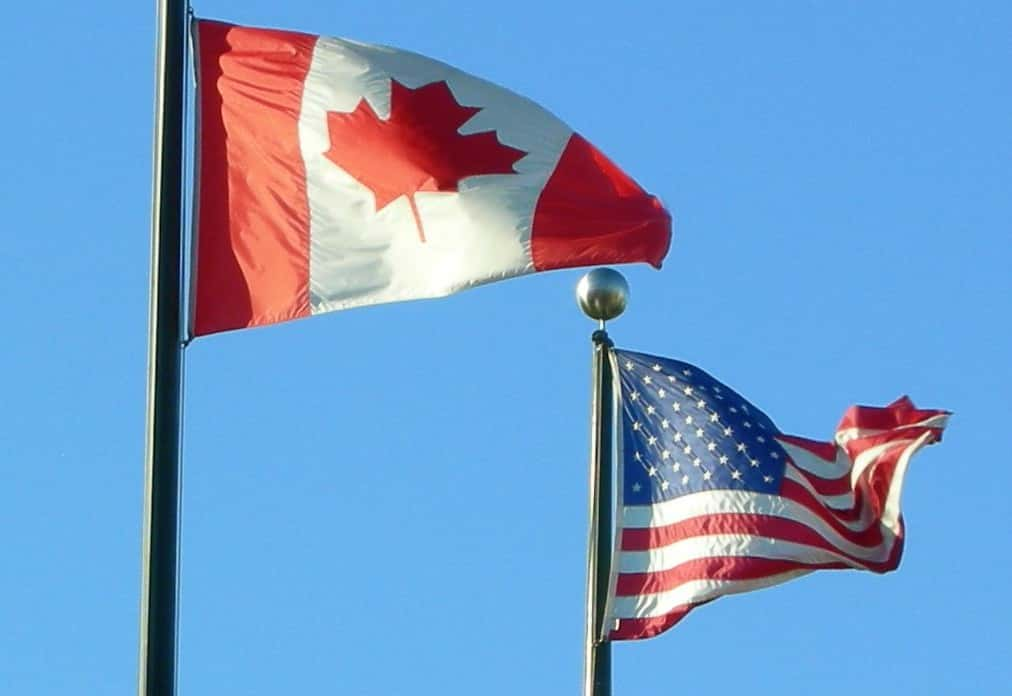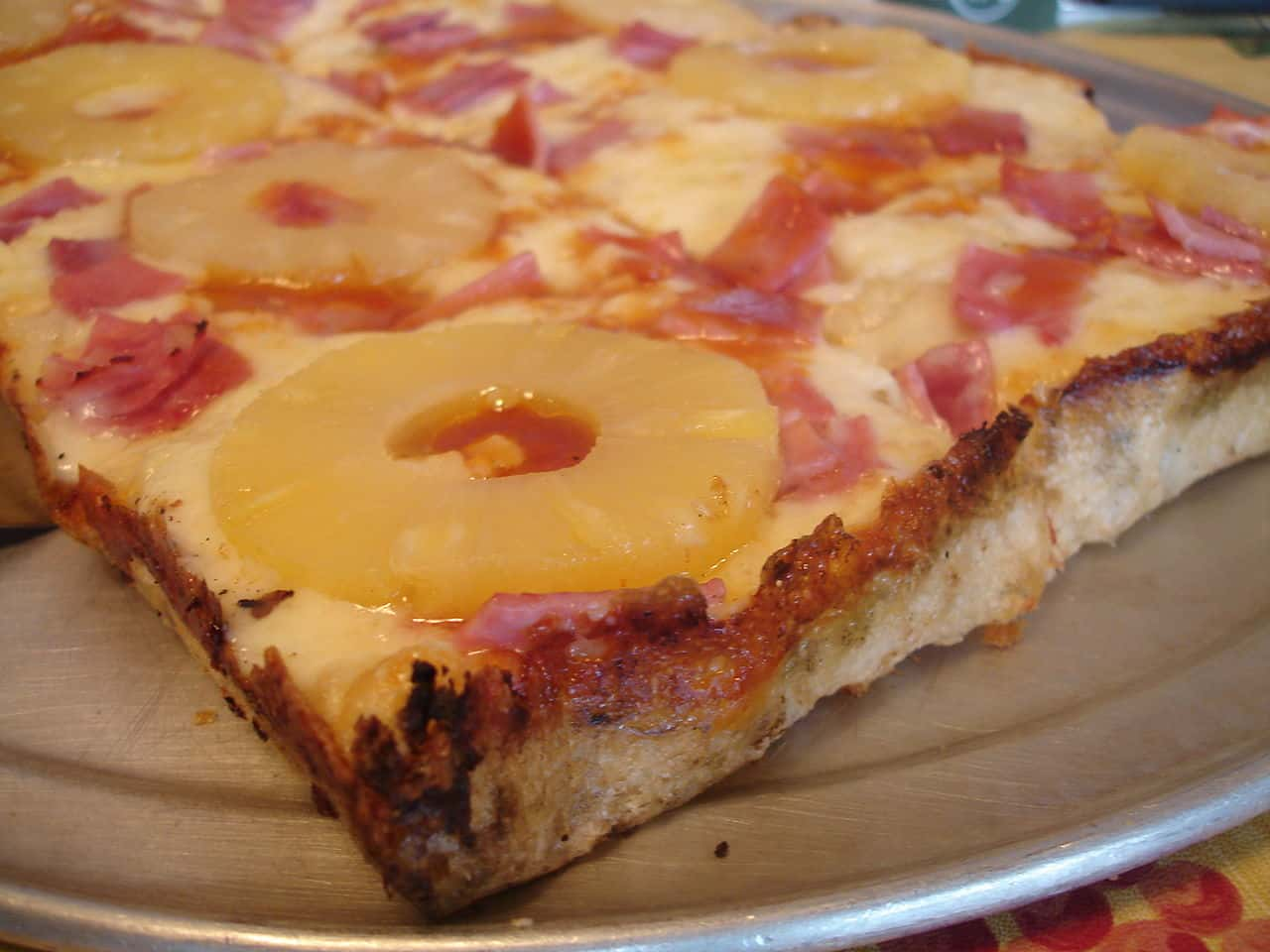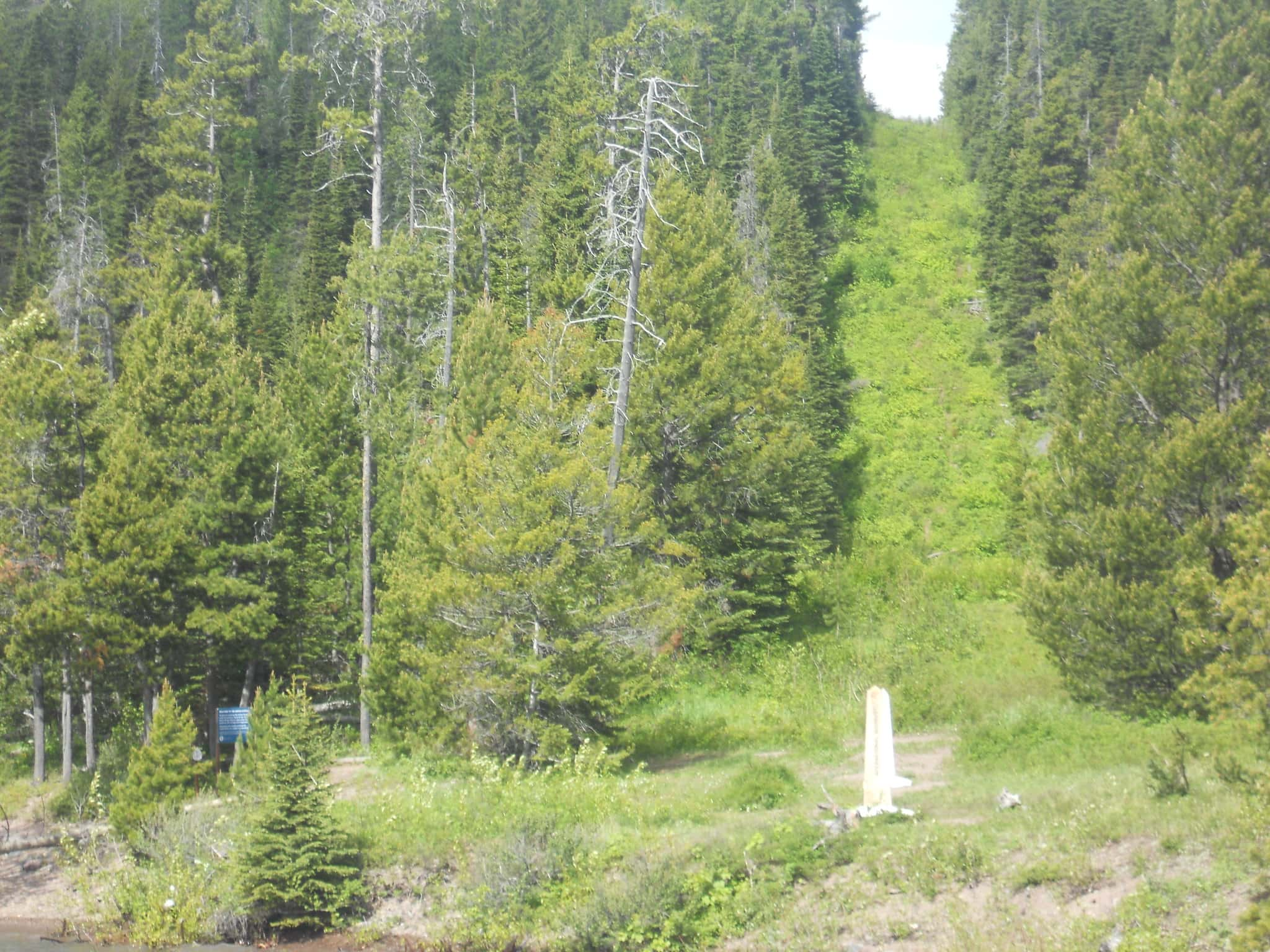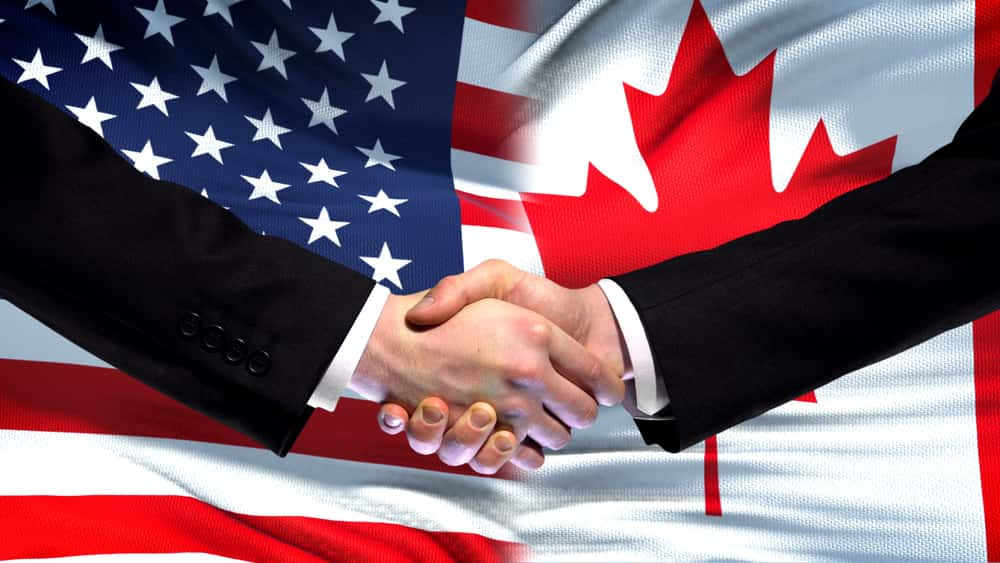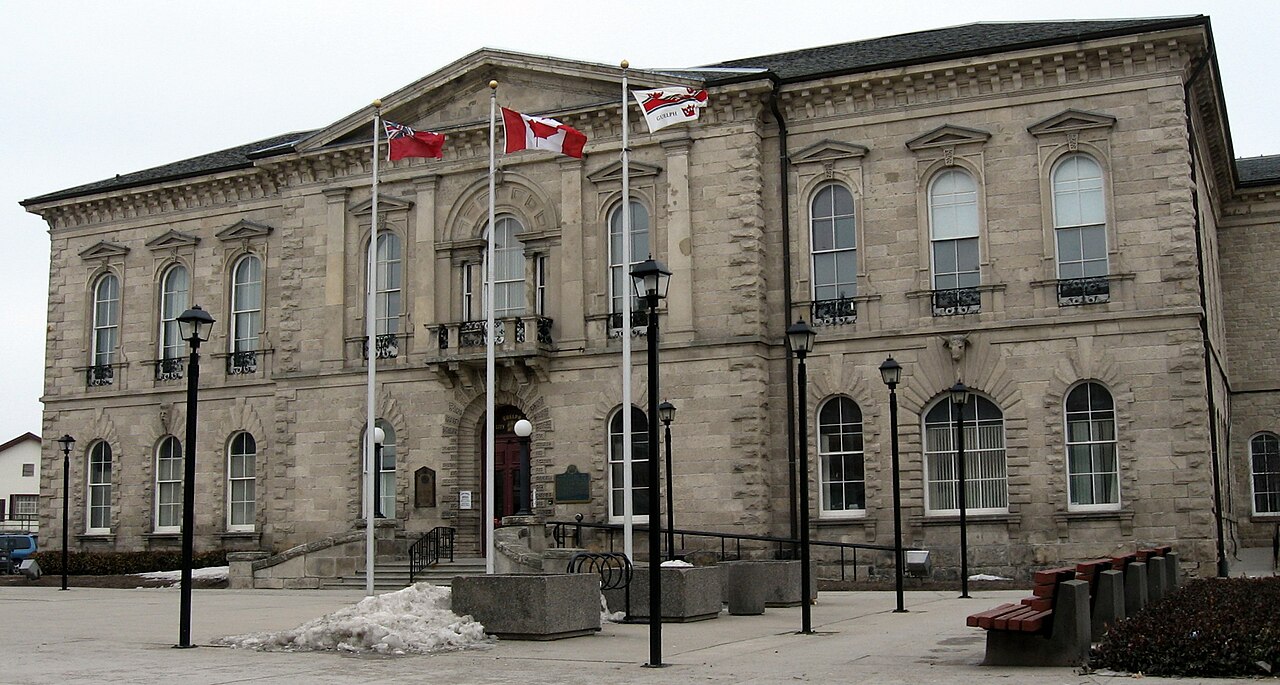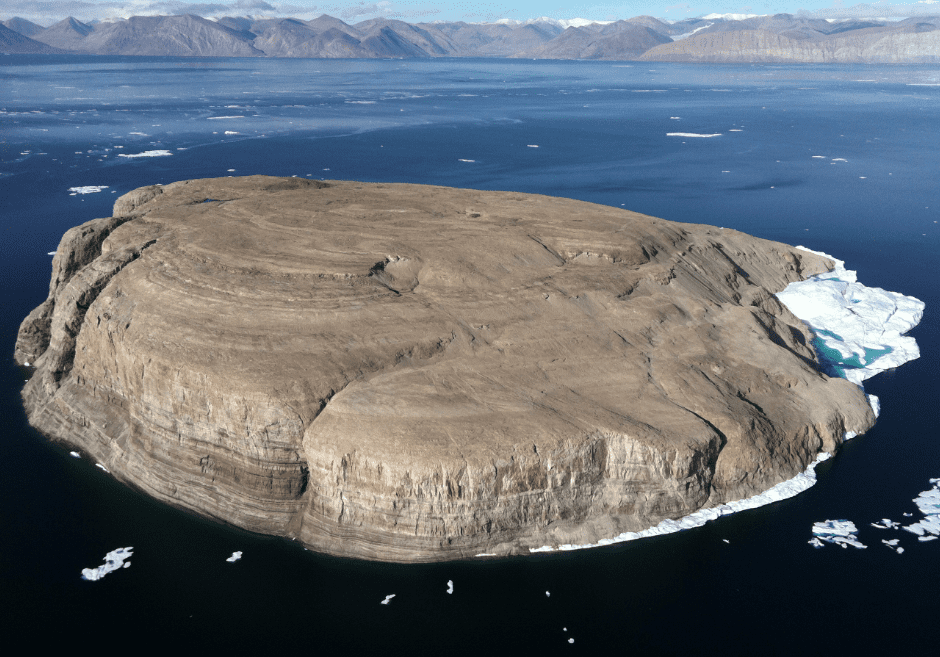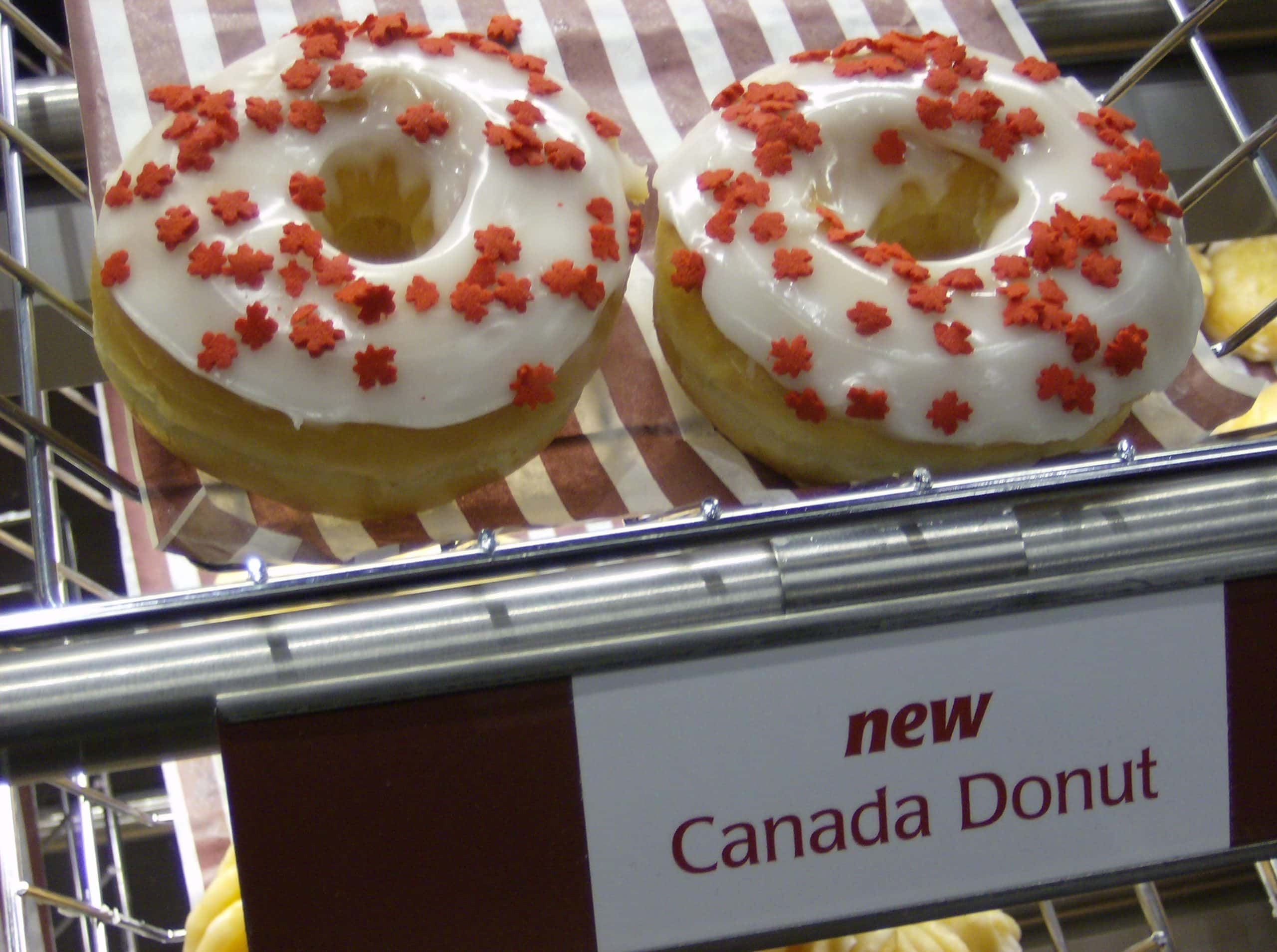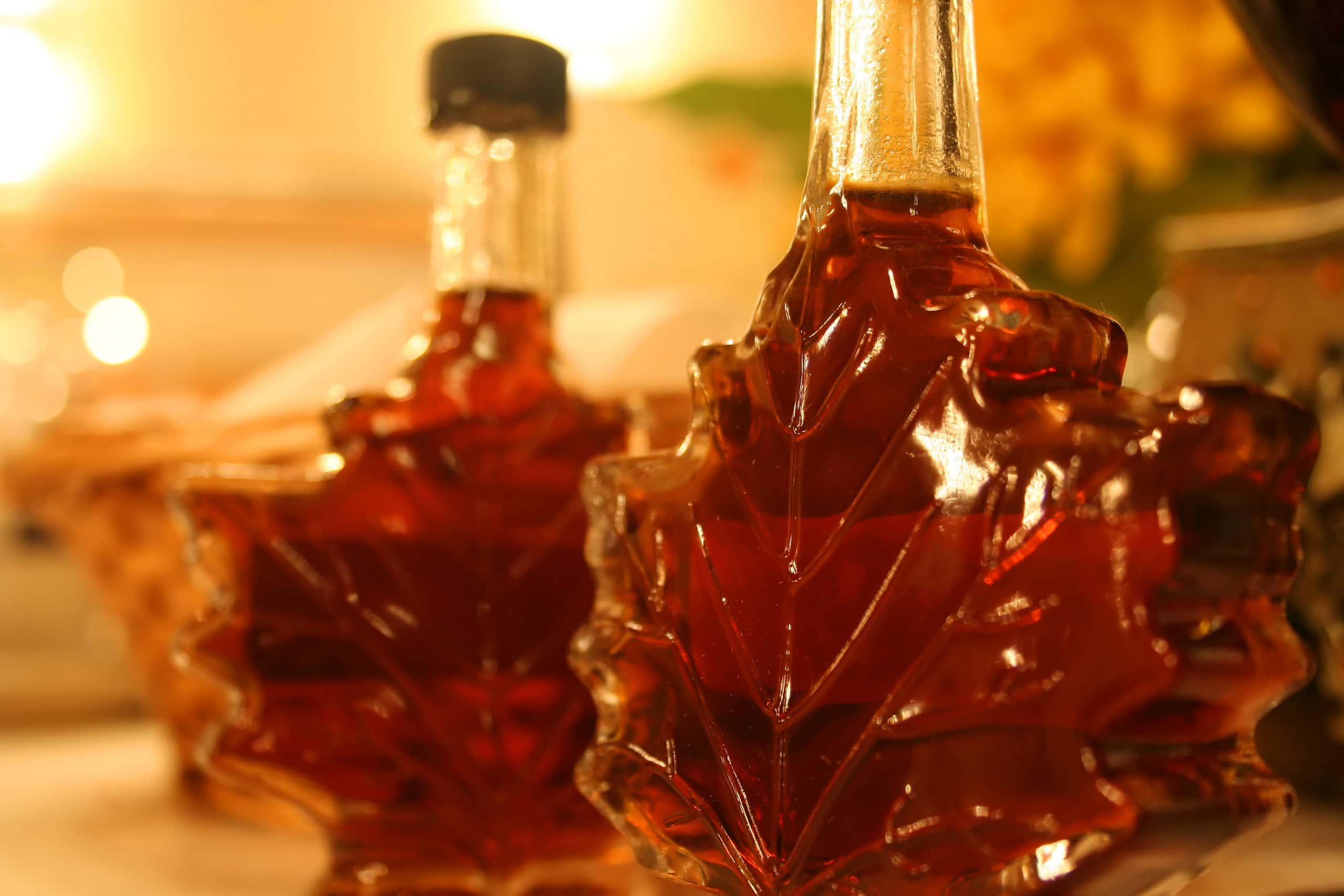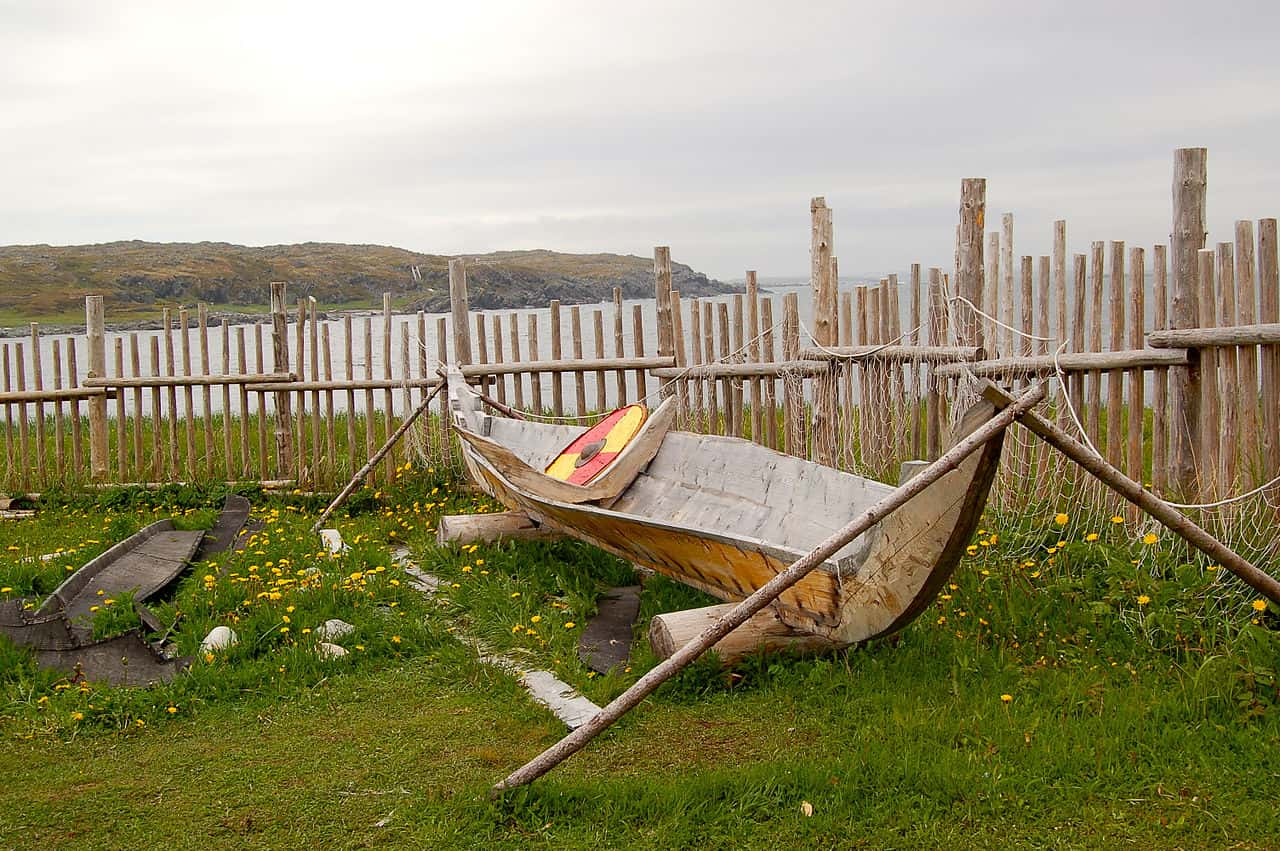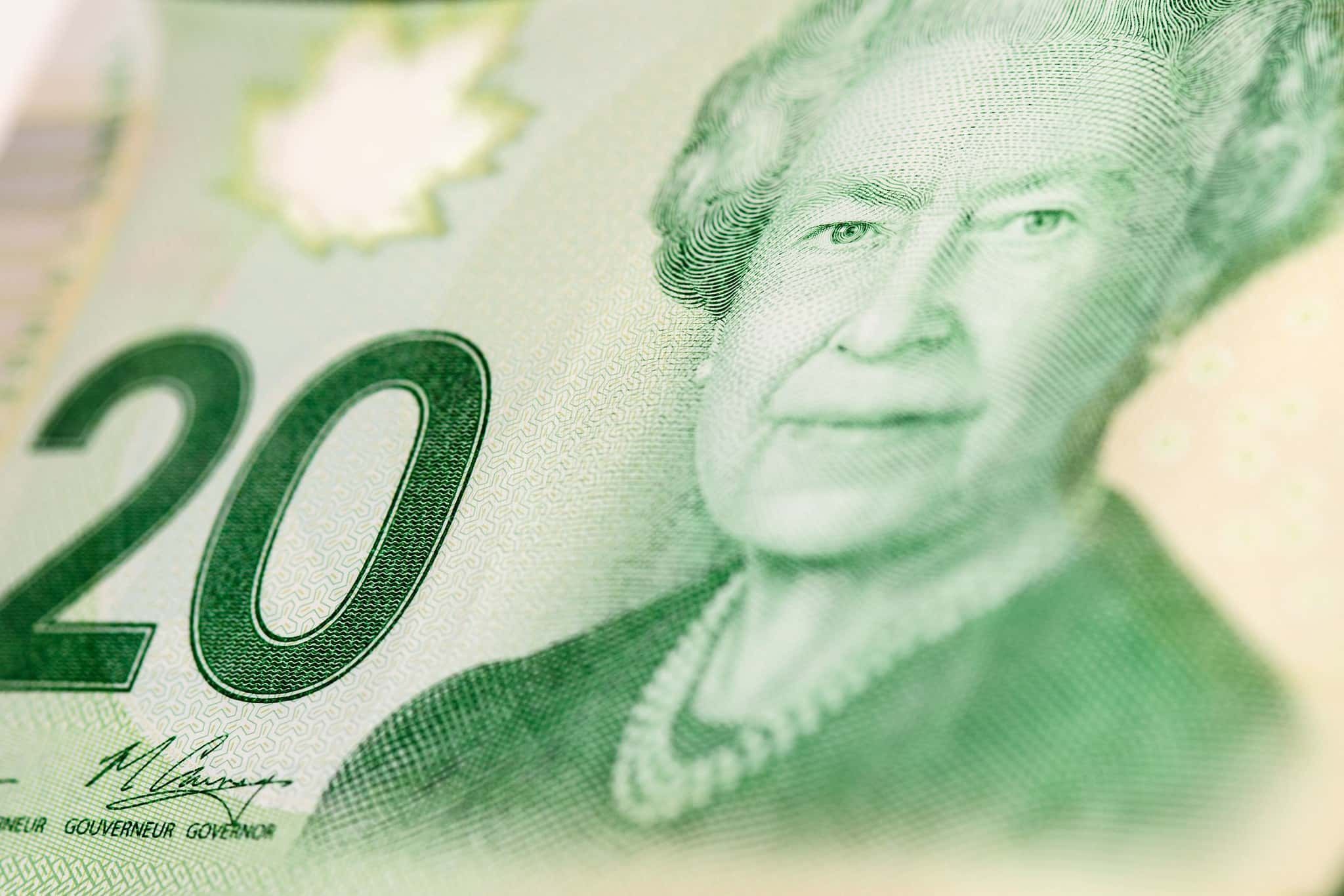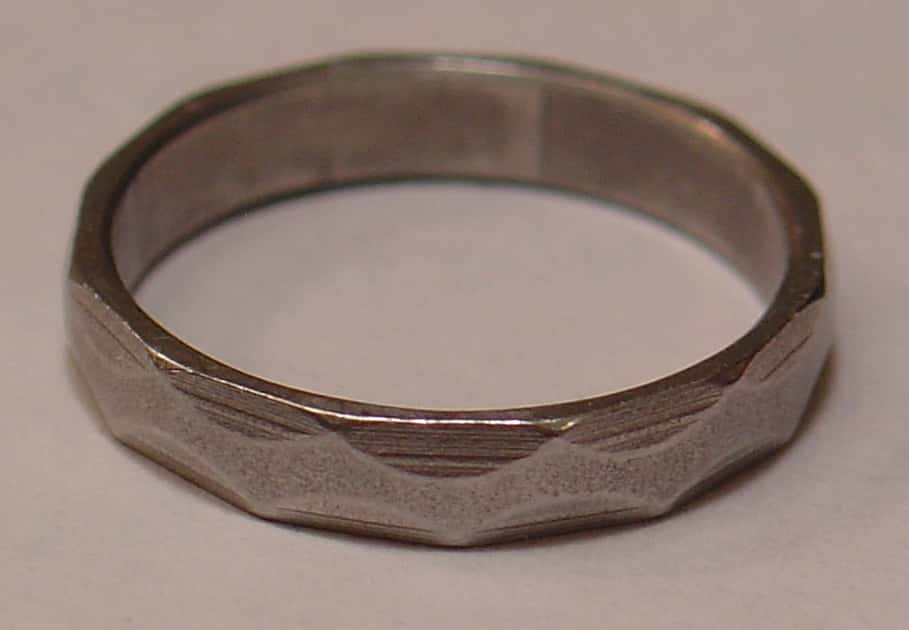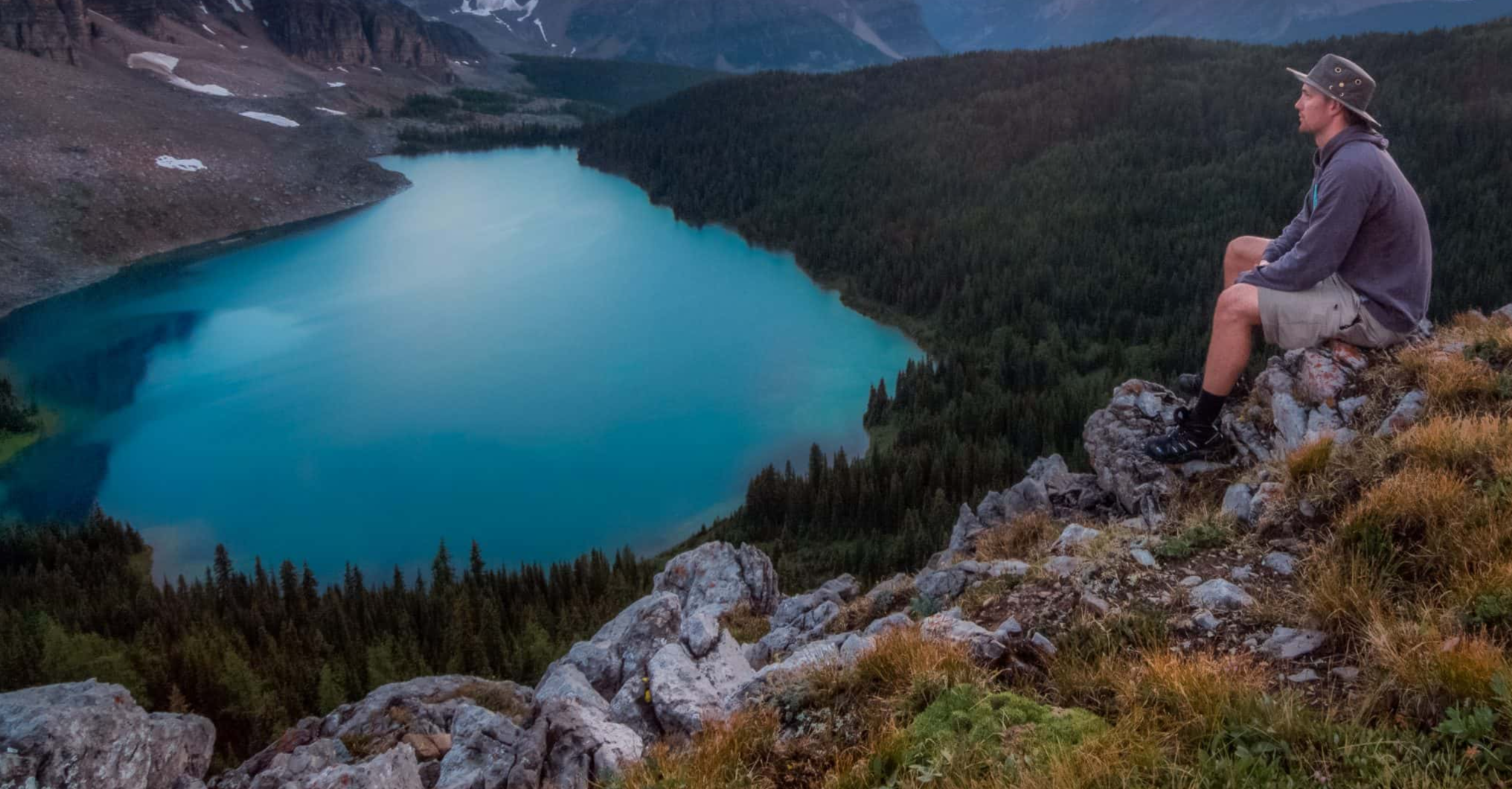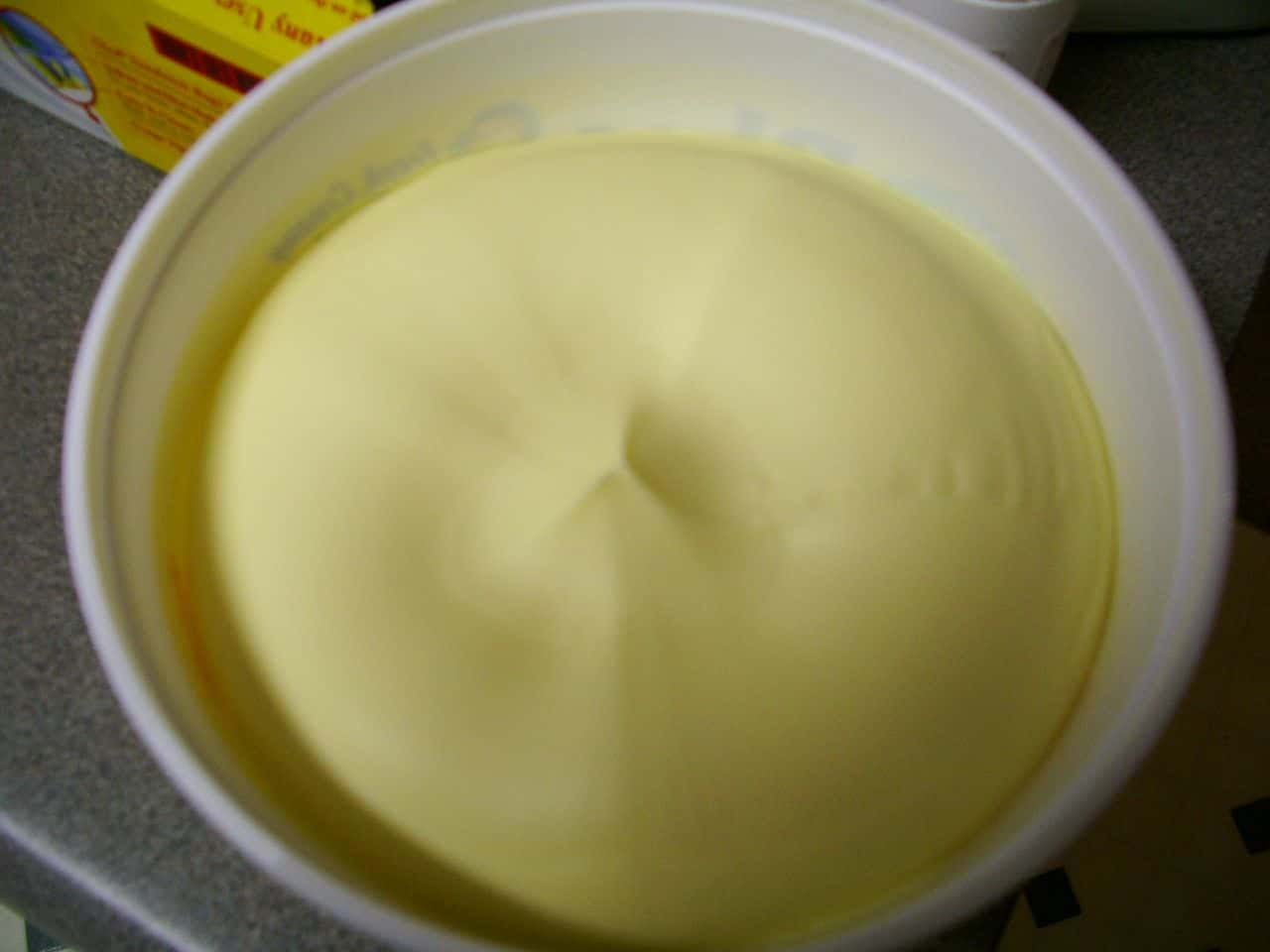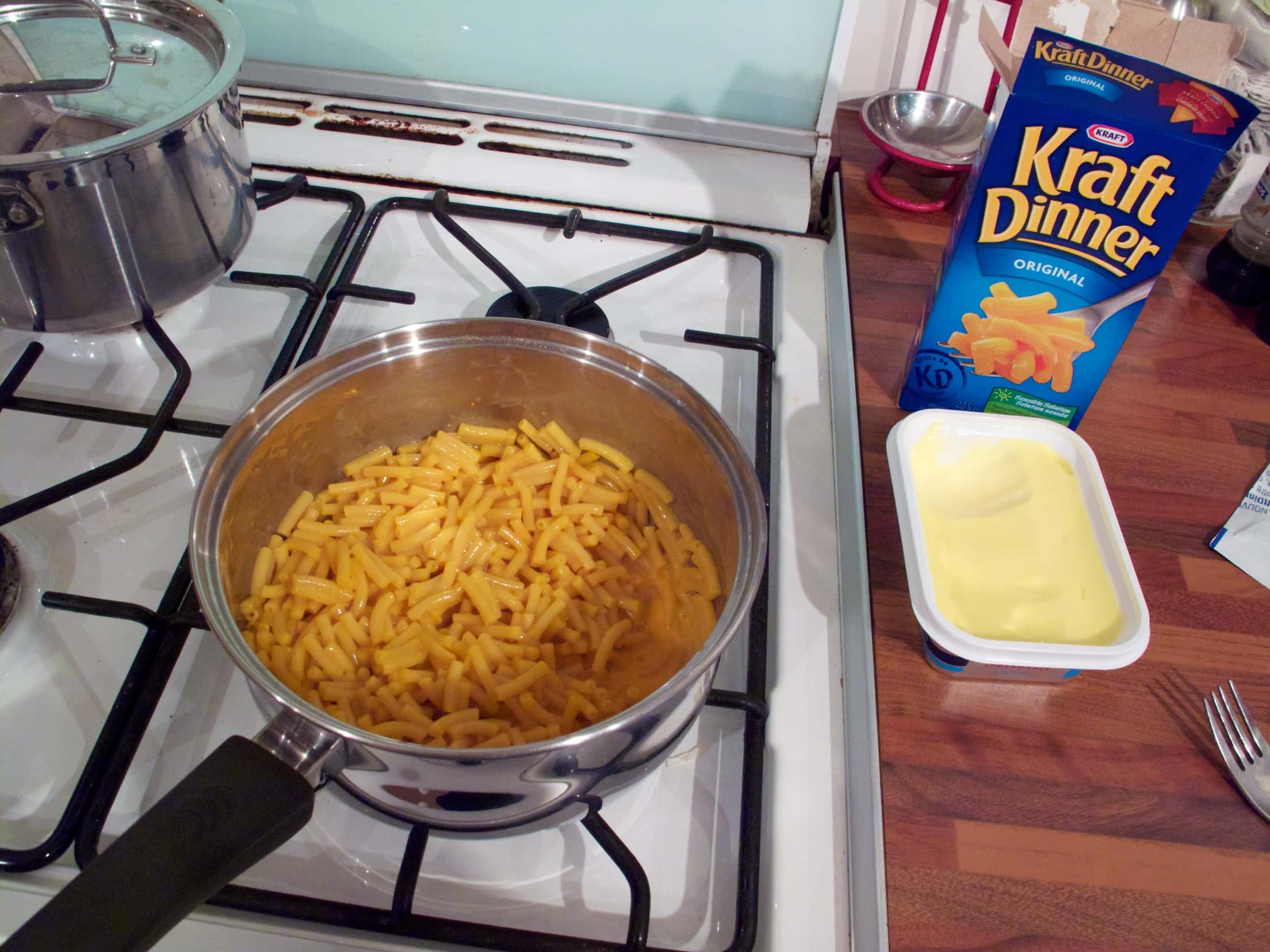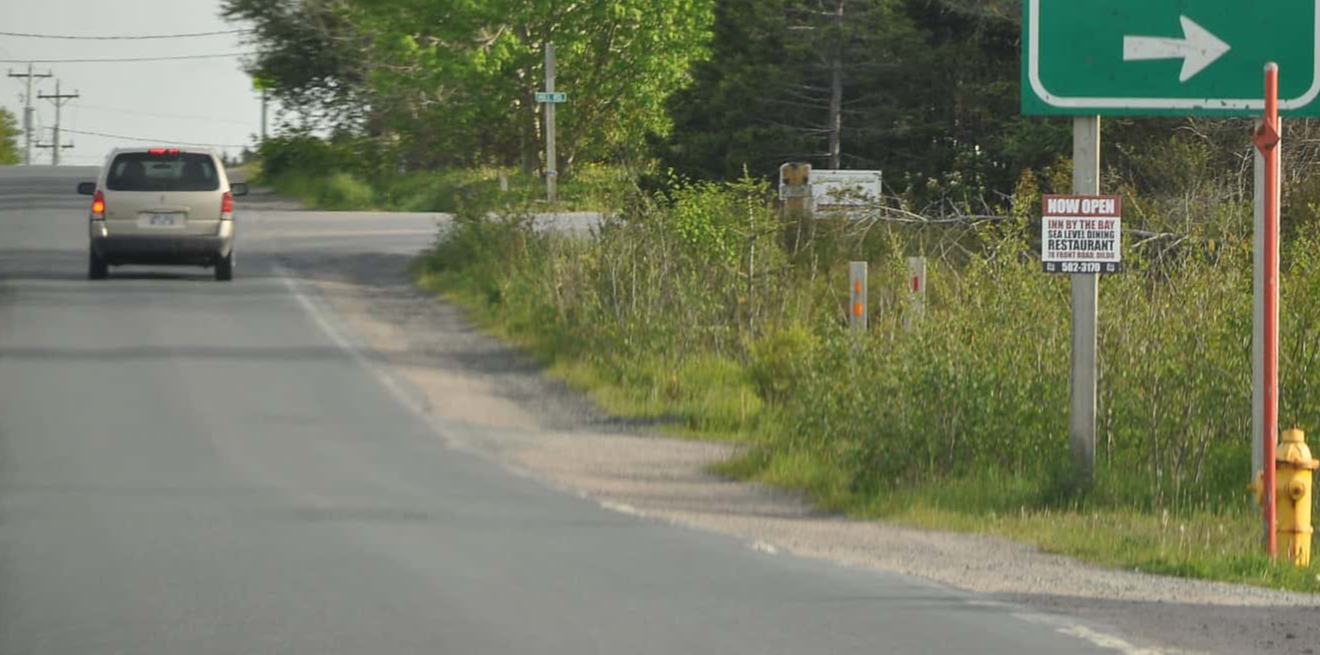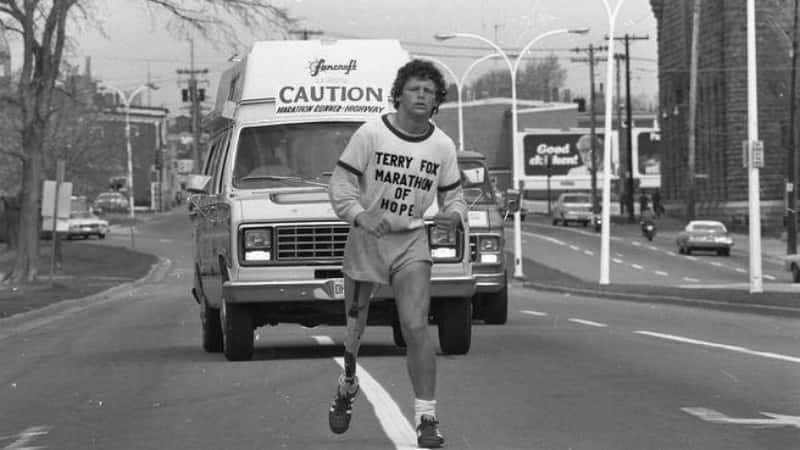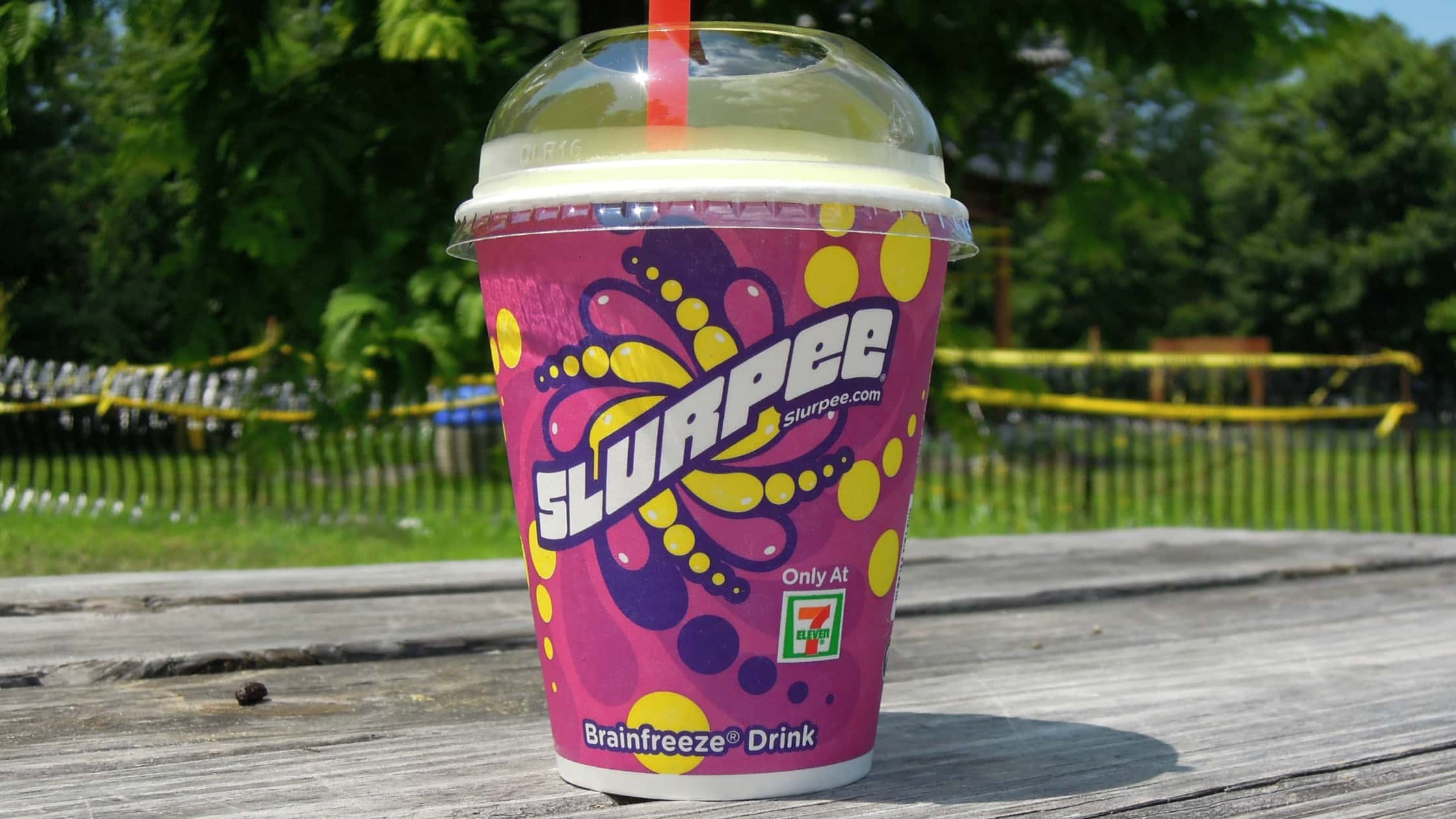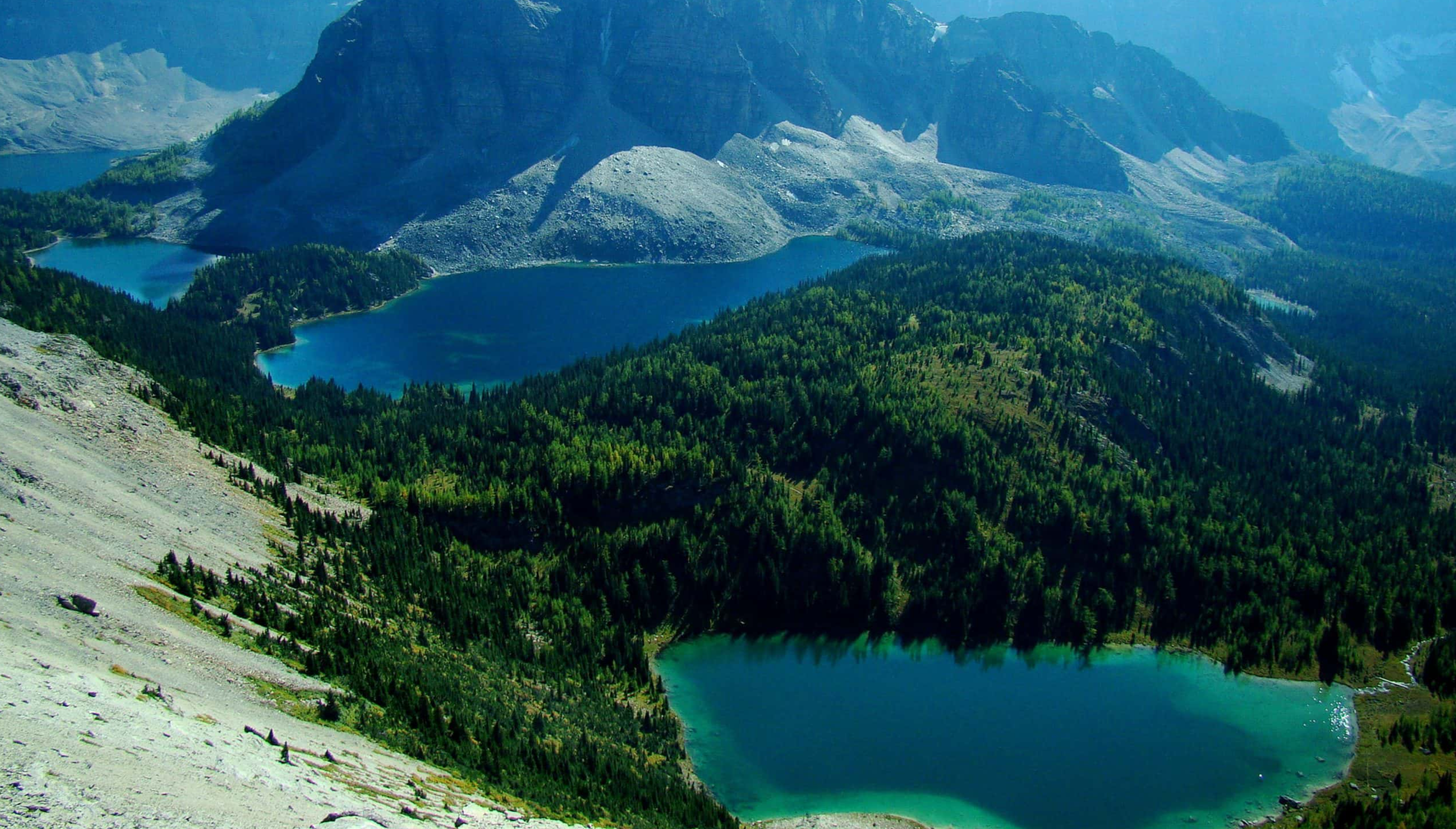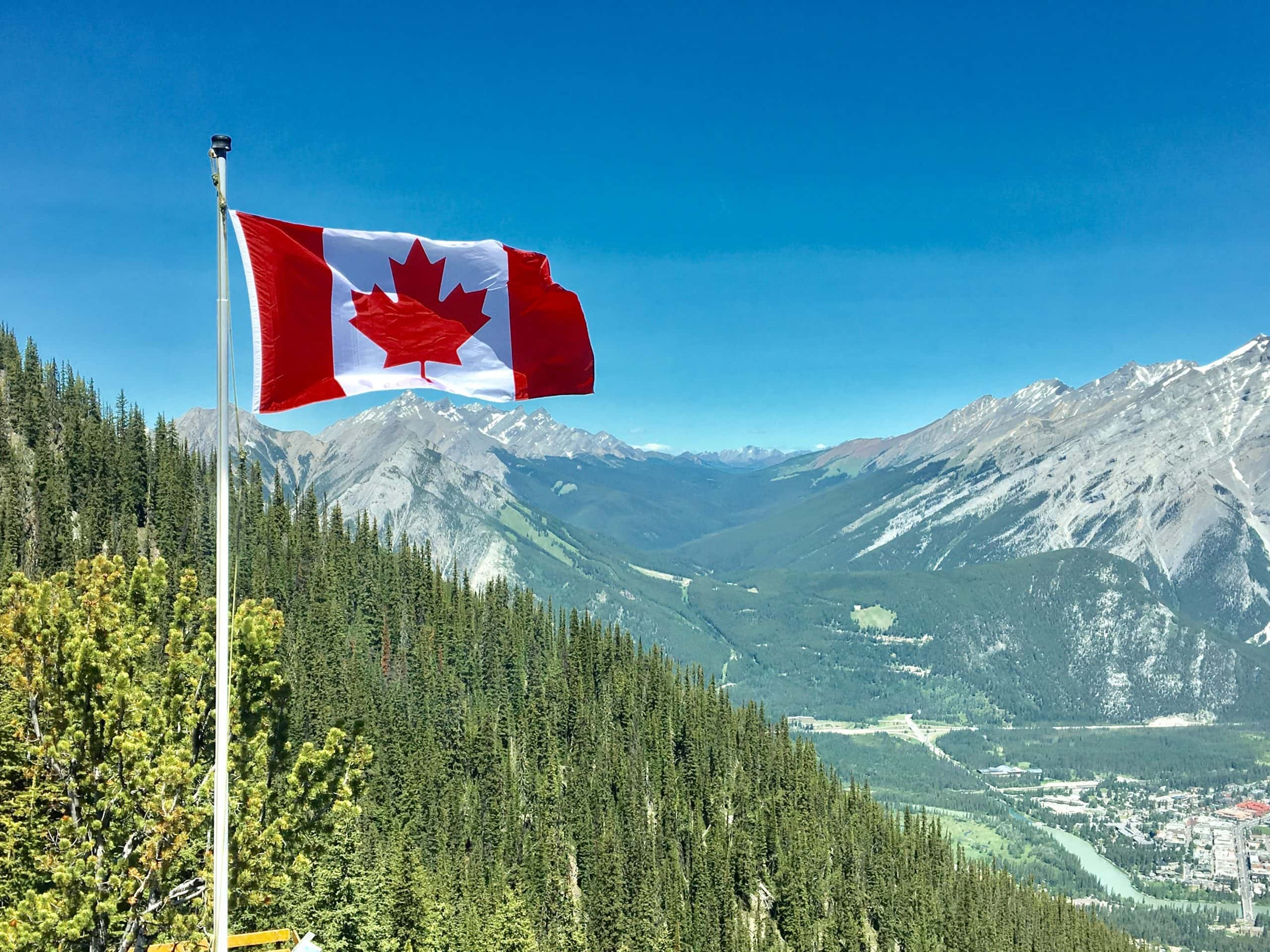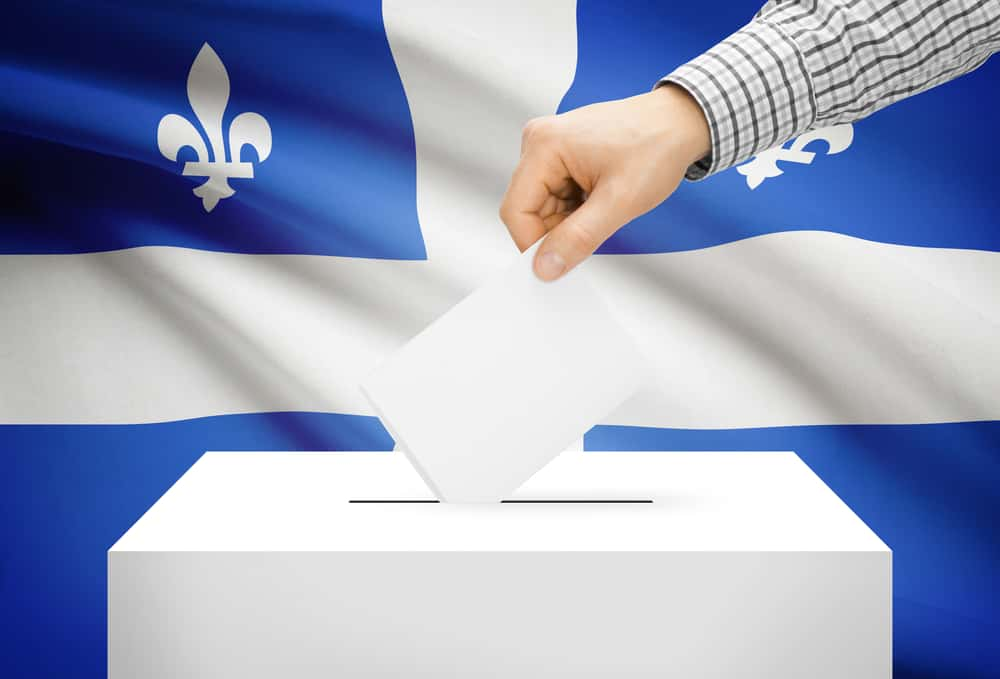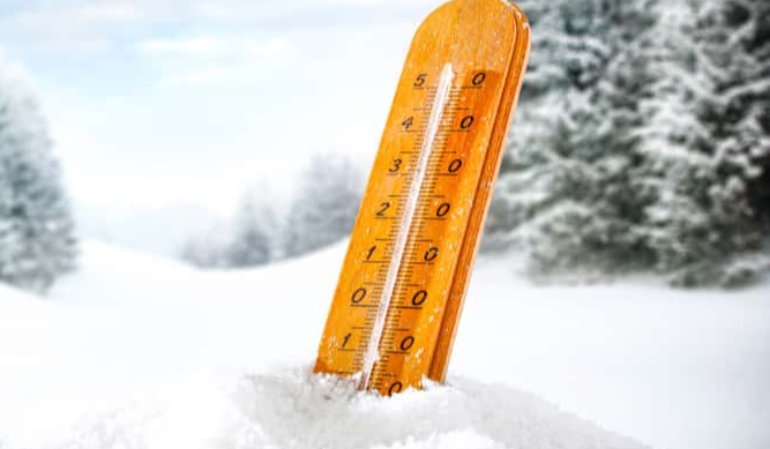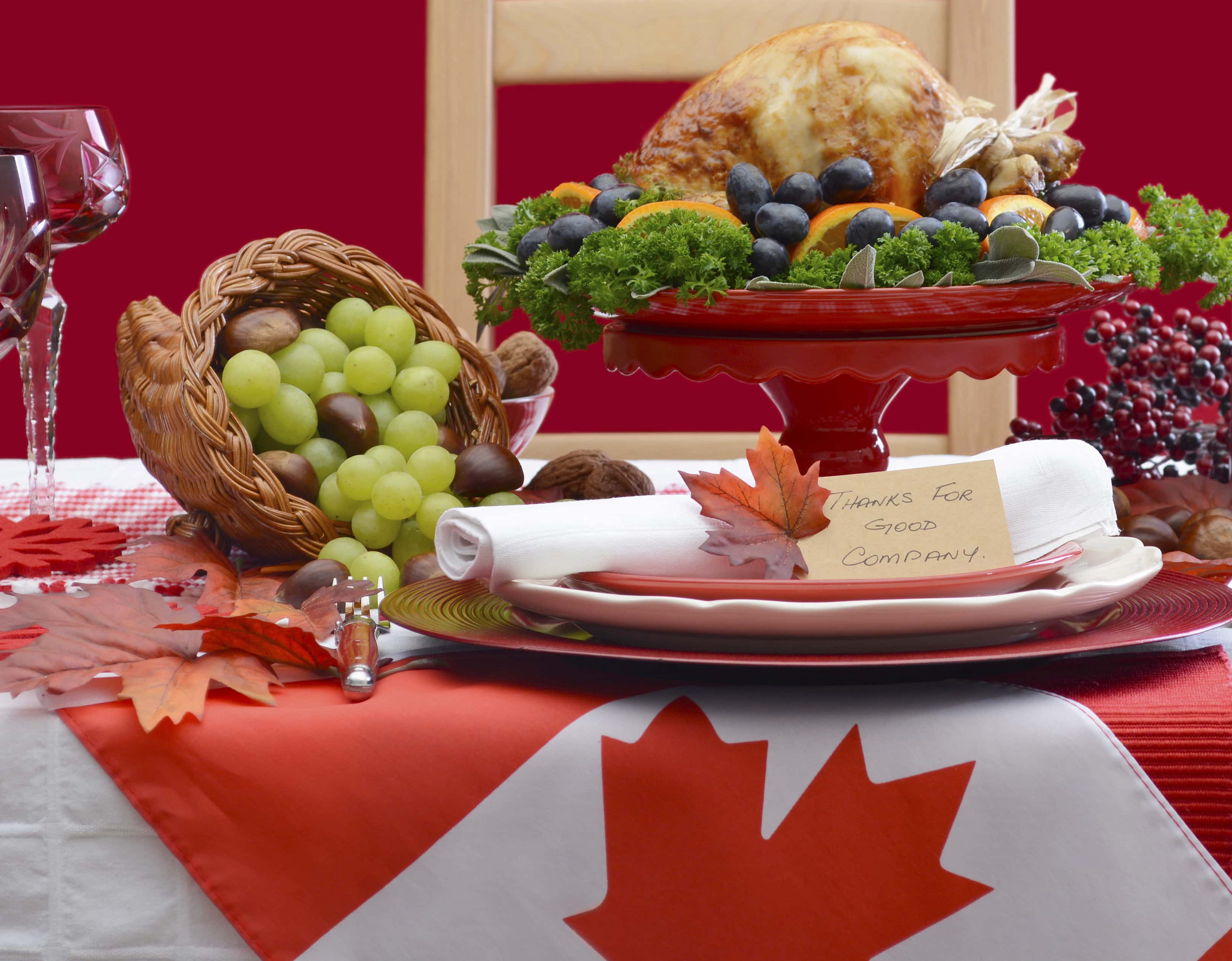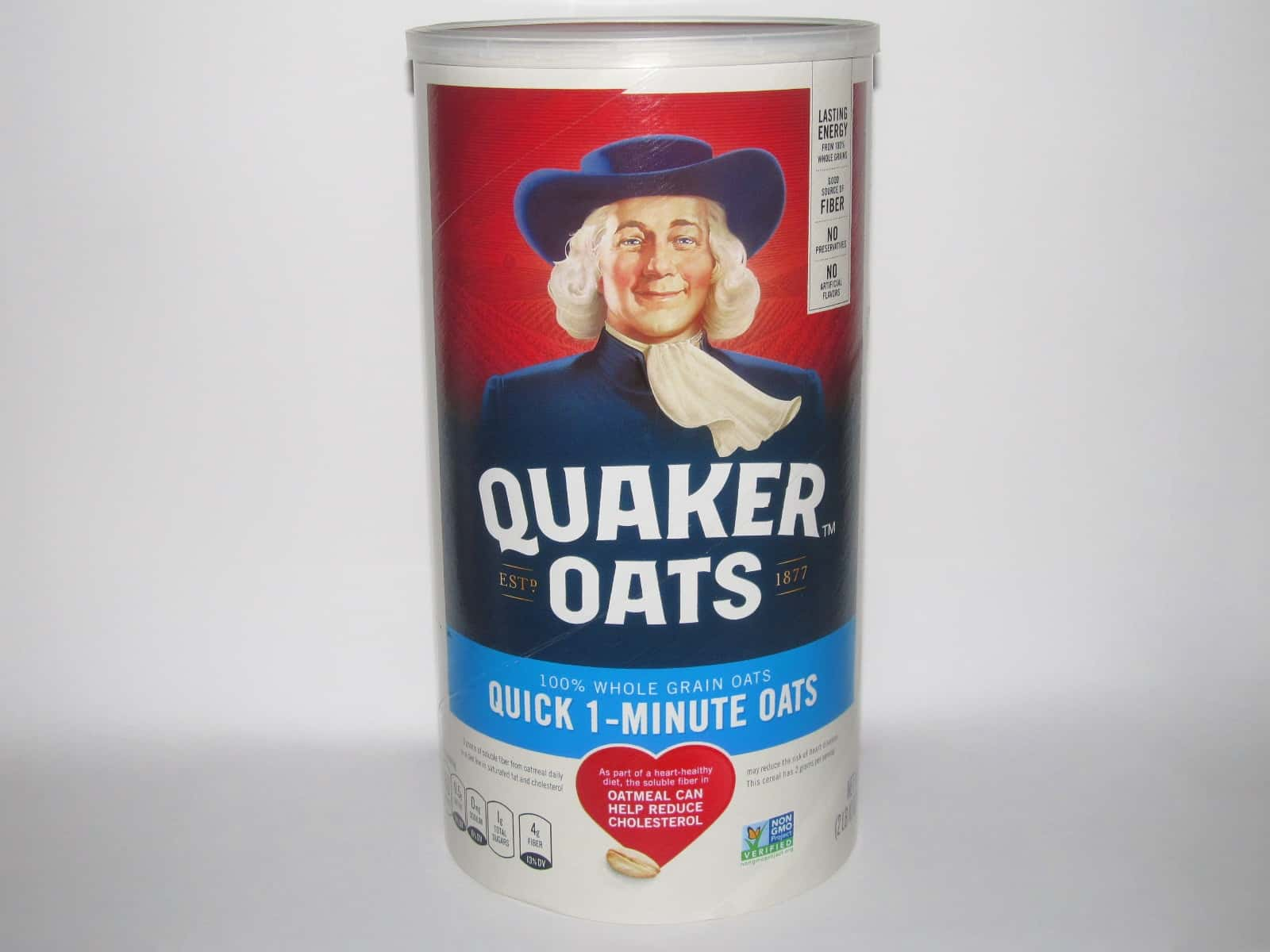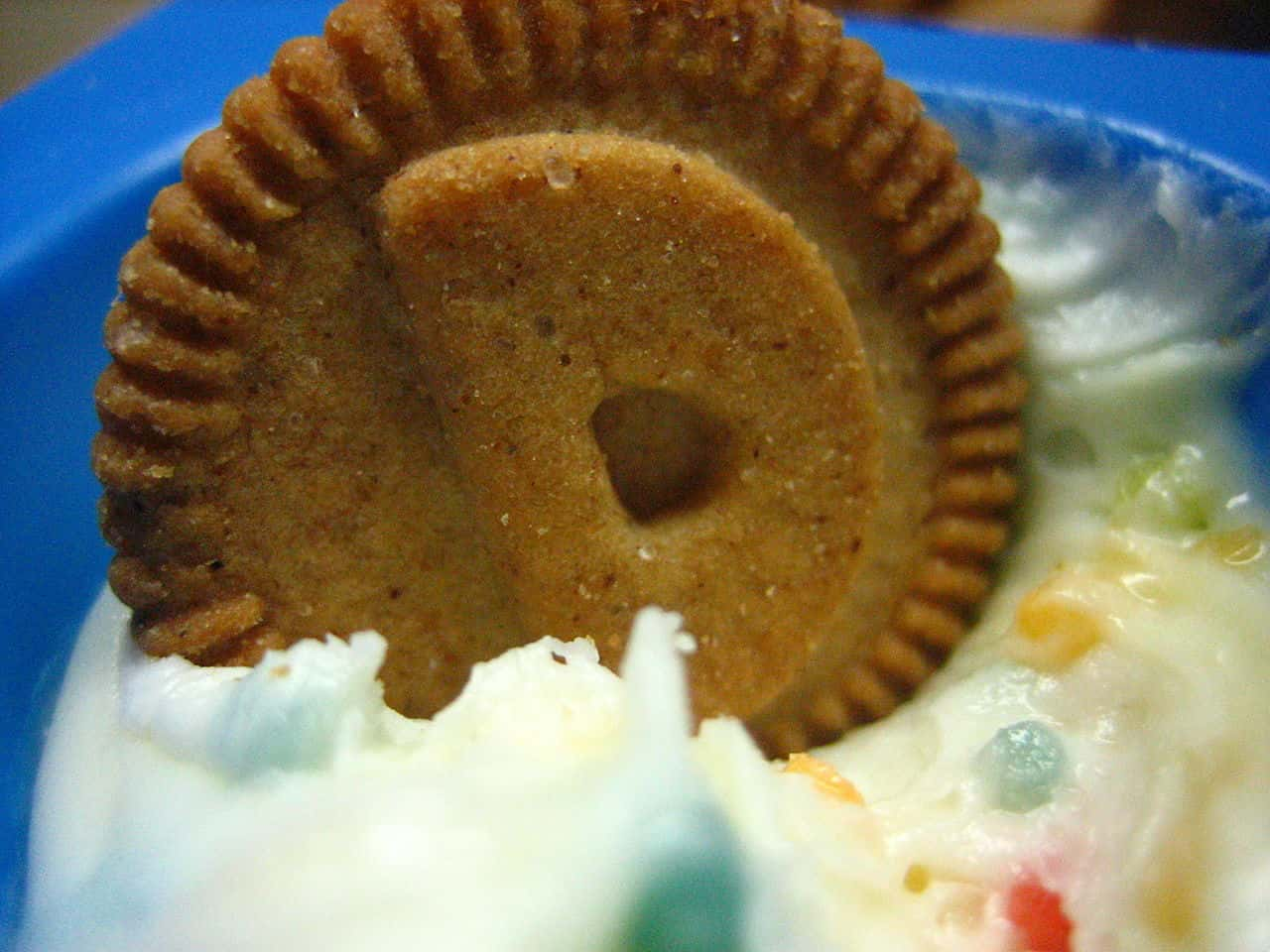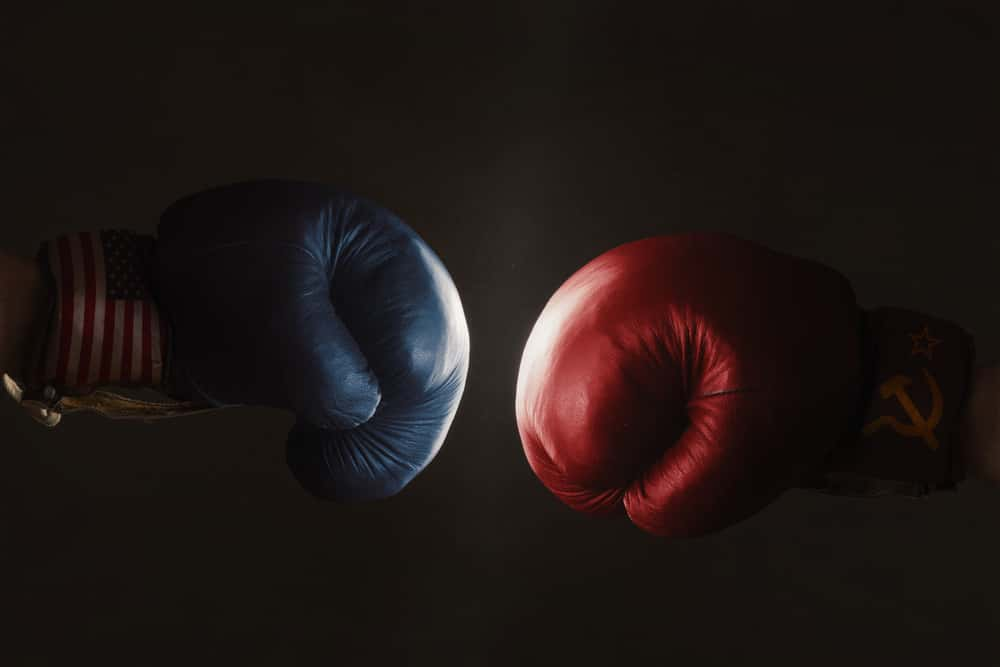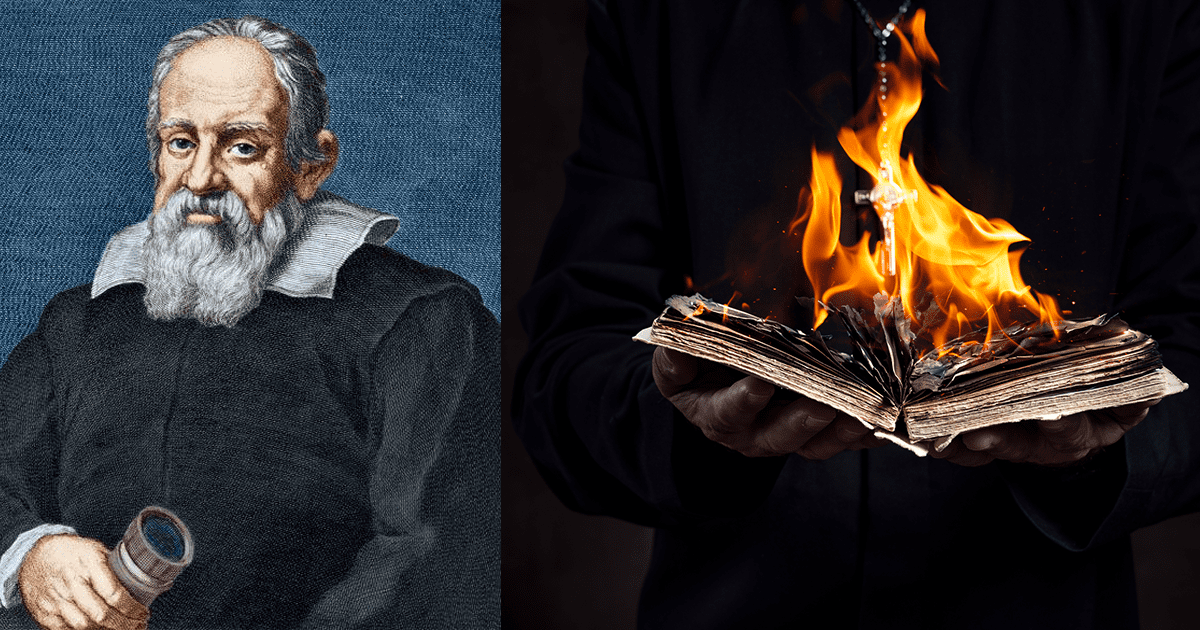Canada: the second largest country on earth; a land of dense wilderness and frigid landscapes, populated by beavers, moose, and polar bears; good hockey, double-double coffee, and mediocre politicians. Canada, like any other country, has many stereotypes, some of which are truer than others. But how much do you really know about the Great White North? Here are 43 frigid facts about Canada.
43. That’s A Lot of Coin
In 2007, the Royal Canadian Mint produced the first $1 million coin. The solid gold coin, weighing in at 100kg (220 lbs), was produced as part of a promotion for the Mint’s new line of 1oz gold coins. And if those Canadian $1 million coins seem like a tempting target for thieves, you’d be right! In 2017, a group of thieves in Berlin pulled off a heist of one of these loony loonies that was being displayed in a German museum, by carting the heavy coin away in a wheelbarrow.
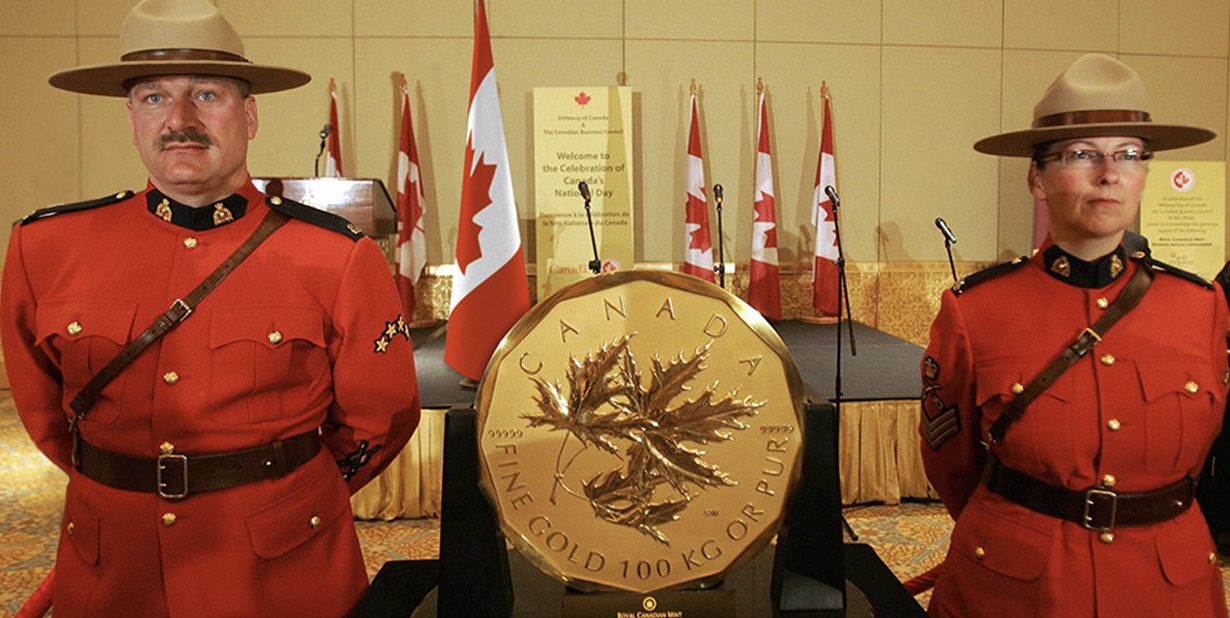
42. Historic Blunder
In 1818, the United States began building a fort at the north end of Lake Champlain in New England. The British had recently charged via Canada through the lake during the Conflict of 1812 and the Americans wanted to protect themselves in case of another invasion. The only problem was that the Americans accidentally built the fort that was supposed to protect the US from Canada…on the Canadian side of the border! Once this mistake became known, all work ceased on the project and the building site became unceremoniously known as Fort Blunder.
41. Rub-a-Dub In the Tub
Residents of Nanaimo, British Columbia have engaged in an annual bathtub race since 1967. The current race is approximately 58 kilometers (36 miles) long and takes participants through the Georgia Strait, ending in the Nanaimo harbor.
40. The Slogan to End All Slogans
In 1972, CBC Broadcaster Peter Gzowski challenged Canadians to complete the sentence “As Canadian as…”. A 17-year-old high school student won the competition with the highly ambiguous entry of “As Canadian as is possible under the circumstances".
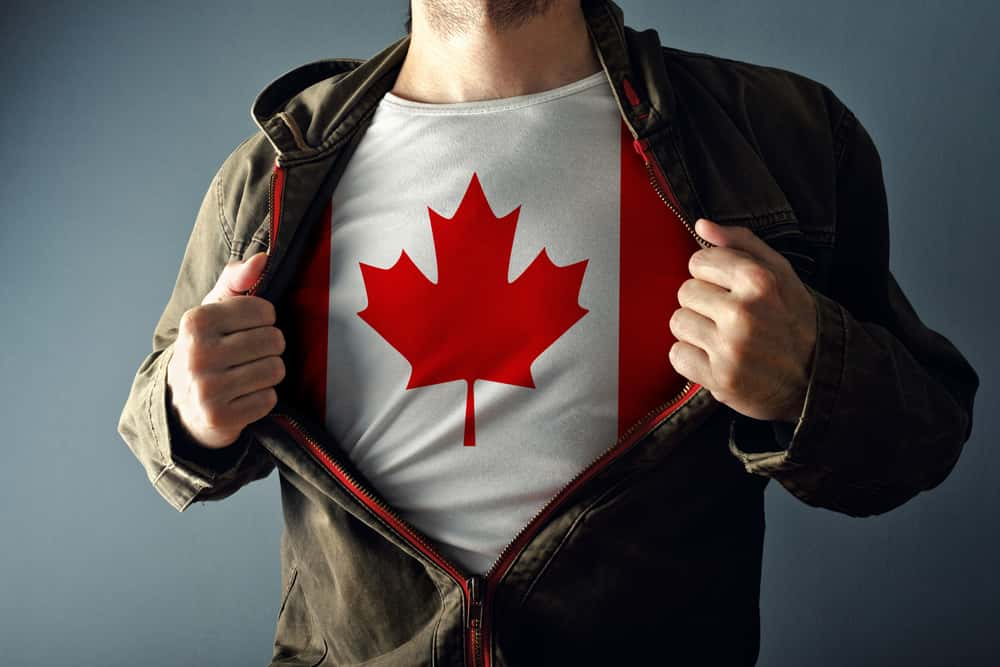 Shutterstock
Shutterstock
39. Close Friends
We all know that Canada and the United States have a close relationship, but would you believe that this is proven geographically? That’s right! According to data from the Canadian census, a full 90% of Canadians live within 100 miles from the US border. As they say, keep your friends close…
38. Just Being Neighborly
On September 11, 2001, all US airspace was shut down following the terrorist attacks that occurred. But what was to happen to the 255 flights already in the air and bound for the United States? These flights were all taken in by Canada in an act of neighborly aid called Operation Yellow Ribbon. There were over 30,000 people on 255 flights, and Canadians in many cities throughout the country hosted these individuals in their homes for several days.
 TagaSanPedroAko, CC0, Wikimedia Commons
TagaSanPedroAko, CC0, Wikimedia Commons
37. Inspired Pizza
Hawaiian pizza was allegedly invented in Canada by Greek Canadian entrepreneur Sam Panopoulos in 1962. Why allegedly? Because it’s an offence. Just kidding—Panopoulos has claimed to be the creator, but so have others. Panopoulos was inspired by Chinese dishes that combine sweet and savory flavors and experimented by adding different ingredients to pizza, including ham and pineapple. Hawaiian pizza is now enjoyed by millions (of sick, sick humans) as one of the most popular pizza combinations in the world.
36. Border Patrol
Every six years, a 20-foot-wide section is deforested alongside the entire 5,525-mile border between the US and Canada. This deforested borderland—referred by some as “the cut”—runs across mountains, forests, remote islands and more. While it is expected that few will see the cut (aside from bears and other wildlife), this painstaking, labor-intensive process is still performed every six years as a means of ensuring that anyone who stumbles across the border knows that they are there.
35. Right of First Refusal
In the 1781 Articles of Confederation, which served as the first constitution of the nascent United States, there is a clause stating that if Canada agrees to become a member of the United States, they shall automatically be accepted. Any other colonies, though, will require the consent of the other states.

Sign up to our newsletter.
History’s most fascinating stories and darkest secrets, delivered to your inbox daily. Making distraction rewarding since 2017.
34. Political Animal
The Rhinoceros party is a ridiculous Canadian satirical political party that is nevertheless a registered party in Canadian elections. Their slogan is “a promise to keep none of our promises” and they have campaigned on repealing the law of gravity and providing higher education by building taller schools. The Rhinos won a surprising 1.01% of the vote in the 1980 election.
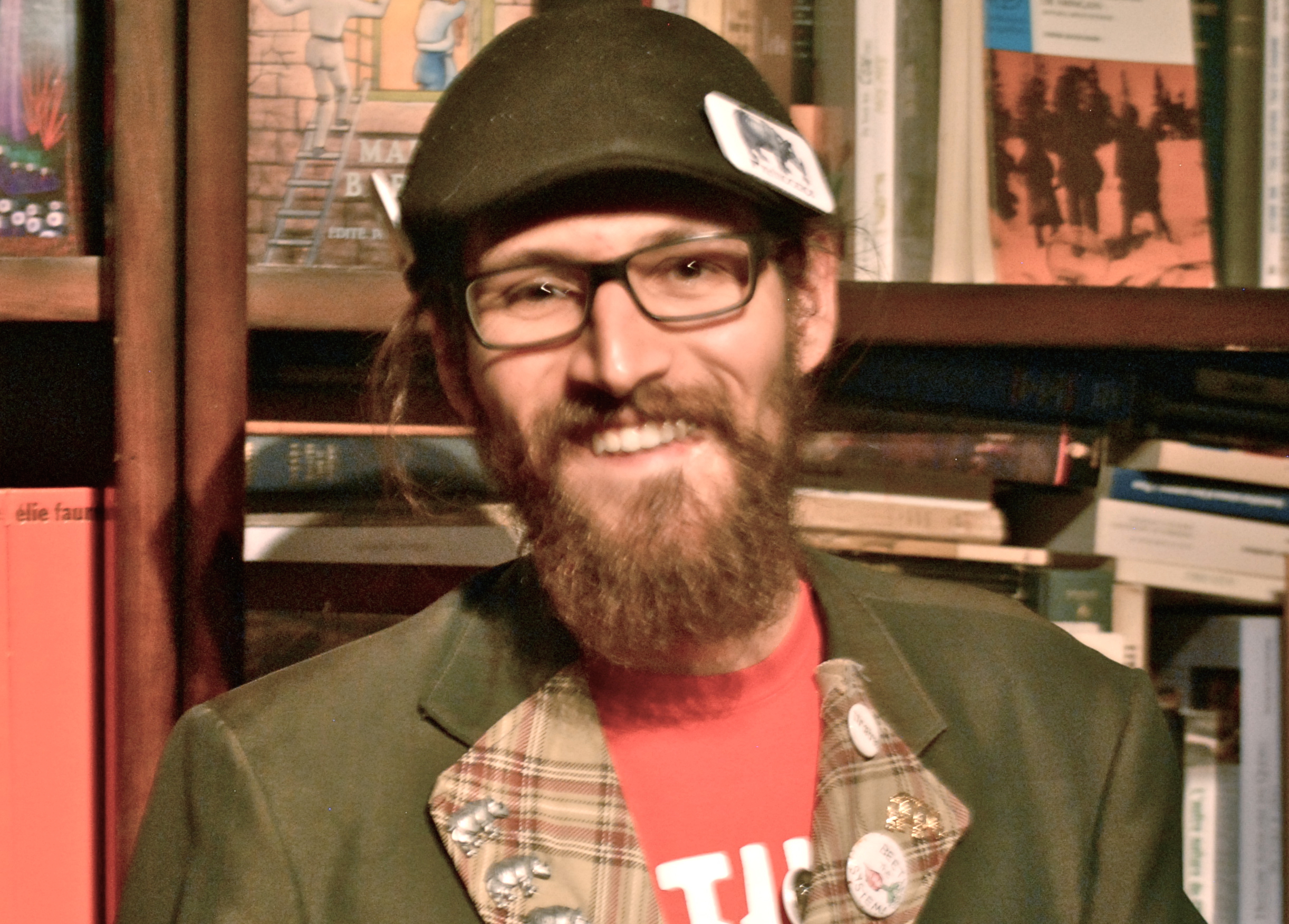 Asclepias, CC BY-SA 3.0 , Wikimedia Commons
Asclepias, CC BY-SA 3.0 , Wikimedia Commons
33. Forgive Me, Father
In Guelph, Ontario there is an adult club that doubles as a church on Sundays.
32. Disputed Territory
There is an island in the middle of the Arctic called Hans Island that is a disputed territory between Canada and Denmark. The two countries’ have taken the dispute with good humor, though, as each country periodically sends an army mission to dismantle the others’ flagpole and erect their own, leaving a bottle of Canadian booze or Danish booze for the other.
31. Donut Frenzy
While Homer Simpson may be American, his favorite food is consummately Canadian. That’s right—Canadian citizens consume the most donuts in the world while also having the most donut shops per capita. Yummy!
30. Sweet Caper
We all know Canada loves its sugary sweet maple syrup. But did you know that Canadians take their maple syrup so seriously that they have a strategic reserve of it in case of emergencies? That’s right. And hopefully, they upgrade security as, in 2012, news broke that thieves in Quebec had made off with $30 million worth of maple syrup from the stash.
29. Exploring Canada
Did you know that Christopher Columbus was beaten to North America by 500 years? That’s right. Historians and archaeologists generally believe that in 1000 AD Norse Vikings landed in L’Anse Aux Meadows in Canada’s province of Newfoundland on the Atlantic coast, and established primitive colonies. L’Anse Aux Meadows was named a World Heritage Site in 1978.
28. In Soviet Canada, You Order Queen
Most people know that Canada still has the Queen of England on their money. But did you know that anyone in Canada can order a portrait of the Queen from the Government of Canada’s official website and it will be shipped to them free of charge?
27. Naming Lakes
Since the end of World W. II, Canada has instituted a policy whereby it has named thousands of its unnamed lakes after fallen army men from all three branches of the Canadian armed forces. Manitoba, which has countless unnamed lakes, has been an enthusiastic adopter of this policy.
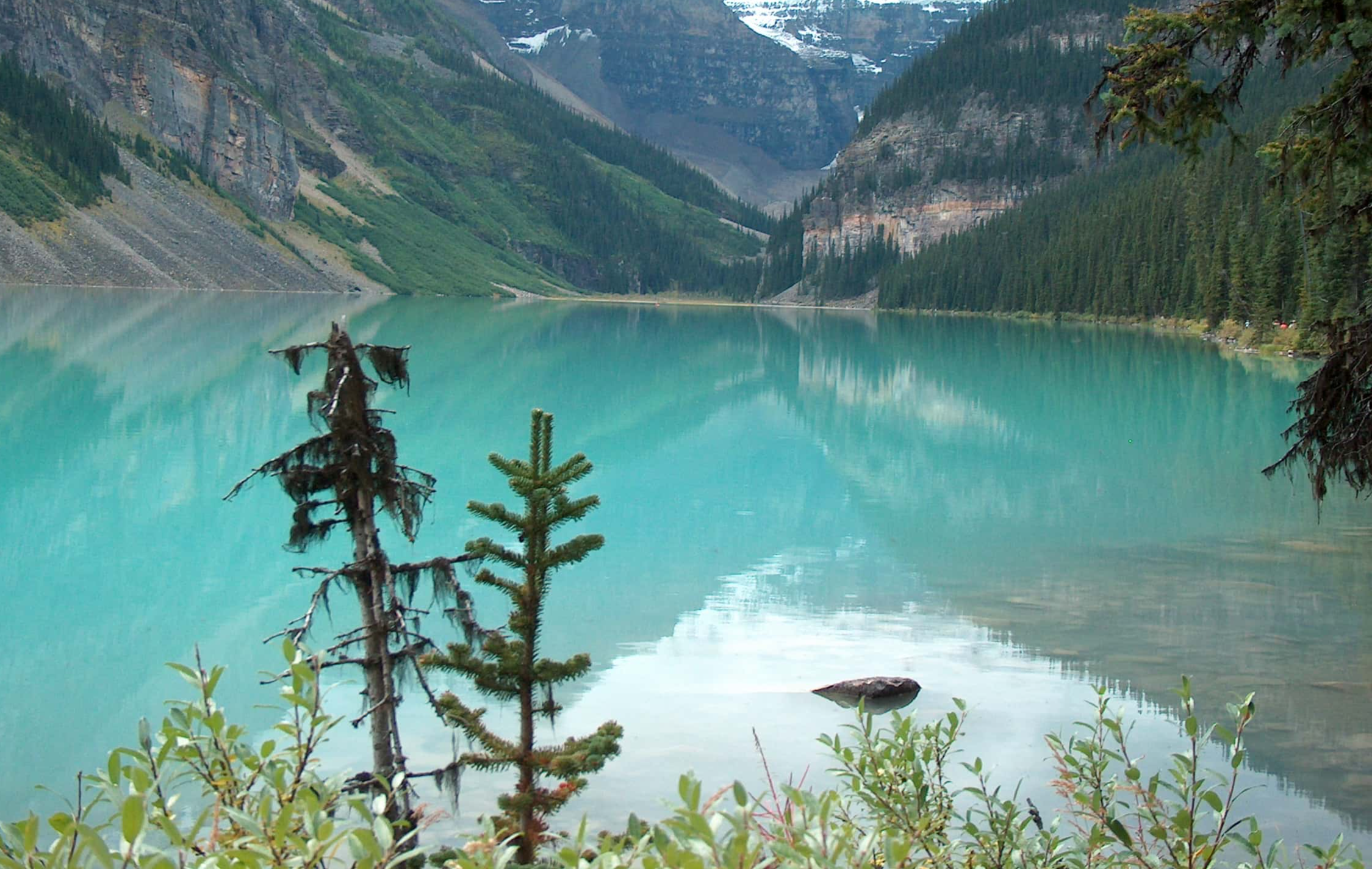 Wikimedia Commons, Guenter Wieschendahl
Wikimedia Commons, Guenter Wieschendahl
26. Ratting on the Neighbors
The province of Alberta, Canada is the largest rat-free populated area in the world. And it’s not by accident! In 1951, the province began an aggressive rat control program that involved hitting, gassing, and giving poison to rats as well as blowing up and bulldozing rat-infested buildings. About a dozen single rats enter Alberta every year along the border but are ended by rat control specialists before they can reproduce.
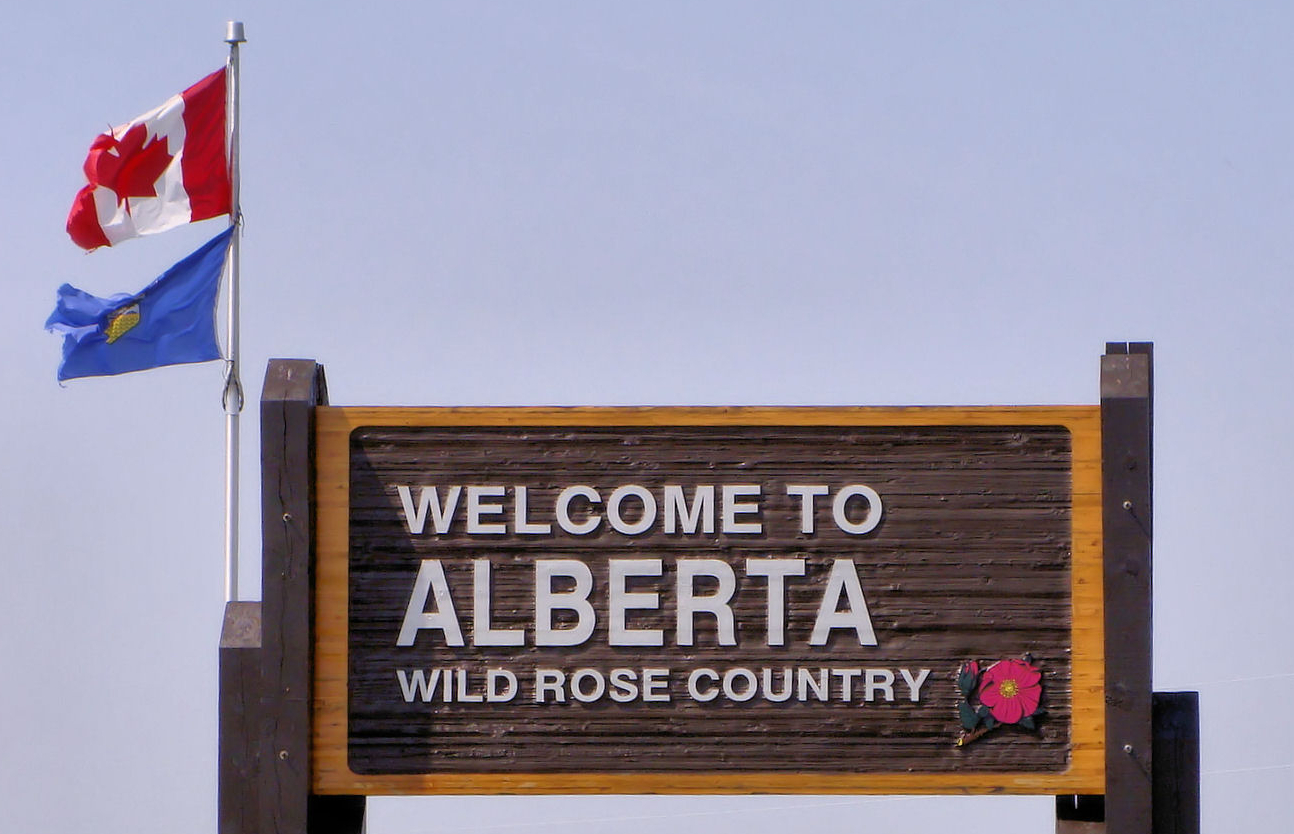 Raymond Hitchcock, CC BY-SA 2.0, Wikimedia Commons
Raymond Hitchcock, CC BY-SA 2.0, Wikimedia Commons
25. Iron Ring
Canadian engineers receive an iron ring when they graduate from engineering programs throughout the country. The reason? To memorialize a bridge that collapsed as a result of the error in judgment of Canadian engineers, ending 75 people. The weight of the ring, which will rub against paper as the engineer writes or draws, serves to remind them to always have humility and consider their fallibility as professionals.
24. Welcome to Bob
Did you know that a territory in Canada’s arctic almost ended up being called Bob? That’s right. In 1996, the Northwest Territories in Canada’s frigid Arctic held a naming contest for when the territory was to be split into two. The top vote-getter for new names was the name “Bob,” ranking way ahead of the other competitors which included Freedom Territory, Eskimo Pie and Snobound. A website was started to campaign for the name Bob, much to the dismay of some leaders. Eventually, it was decided to just keep the old name of Northwest Territories.
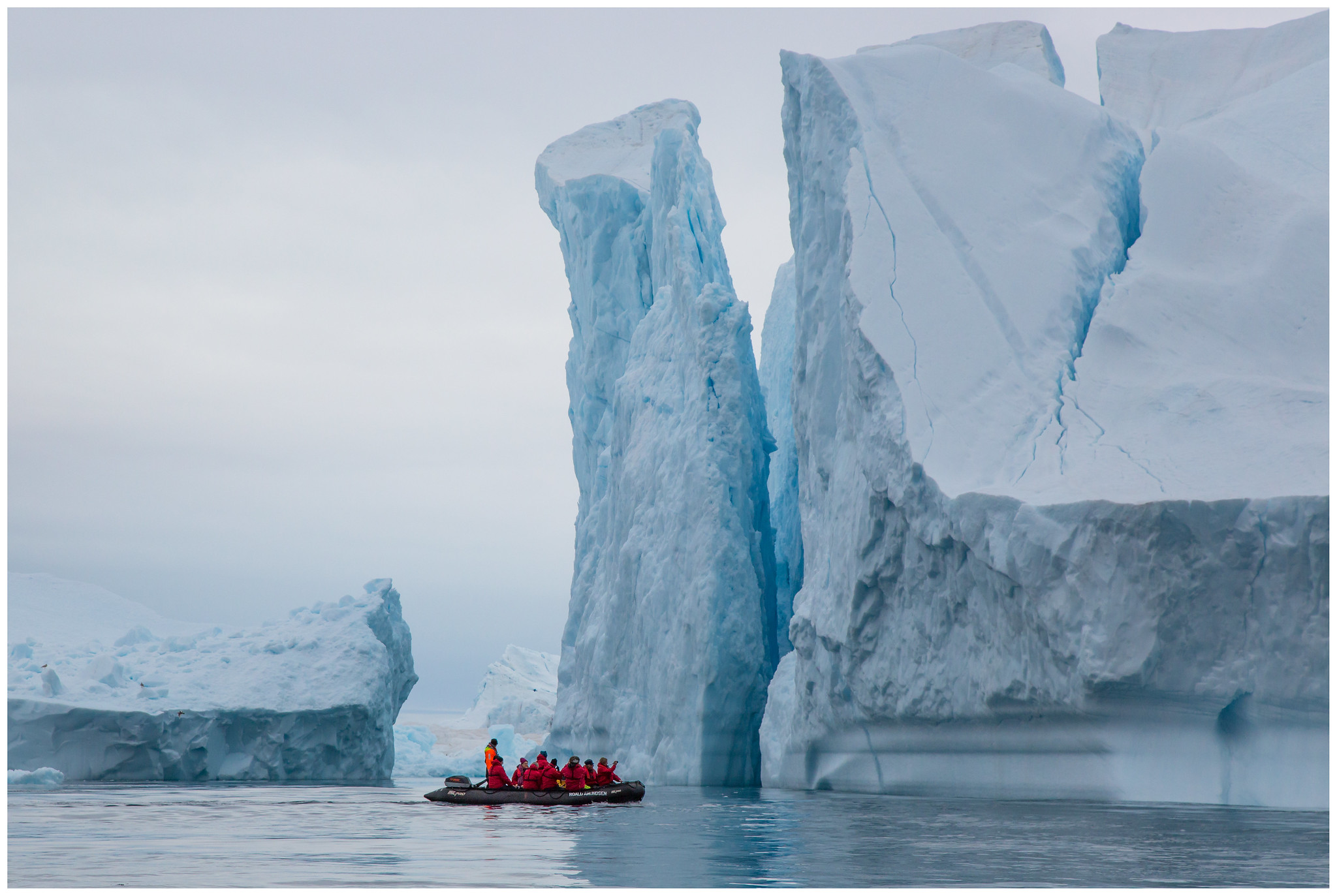 Martha de Jong-Lantink, Flickr
Martha de Jong-Lantink, Flickr
23. Accessing Canada
New citizens of Canada are each given a Cultural Access Pass, which allows them entry to 1,400 of the country’s premier cultural attractions including museums, art galleries, national parks and historic sites.
22. I Can’t Believe It’s Not Butter!
When Newfoundland joined Canada as its tenth province in 1949 it had one interesting condition upon joining. It was that it must be allowed to continue producing and selling margarine.
21. Unique Kraft
Kraft Mac and Cheese, or Kraft Dinner, is sometimes playfully referred to as Canada’s national dish. The average Canadian eats 3.2 boxes of Kraft Dinner per year, which is a full 55% more than the average American does. I suspect the number goes up if you were to measure the average boxes eaten per year by teenagers or hungover people.
20. Curious Name
There is a town named "adult toy" in the Atlantic Province of Newfoundland. While the name goes back to at least 1711, there is no common explanation for where the place name actually comes from. While there have been several attempts to change the name by locals, they have failed each time and the name remains.
19. Cancer Fundraiser
In 1980, a one-legged cancer patient named Terry Fox ran 5,373 km (3,339 miles) across the country in 143 days before dying. Fox ran the equivalent of a full marathon every day for 143 days. The annual fundraiser run in his name is the largest one-day fundraiser for cancer research in the world and involves millions of participants in over 60 countries.
18. Slurpee Capital
Despite being one of Canada’s coldest provinces, Manitoba has been named the Slurpee capital of the world for an incredible seventeen straight years by 7/11! It is estimated that Canadians purchase 30 million Slurpees per year on average.
17. That’s Wet
Canada’s lakes, rivers, streams and wetlands contain one-fifth (that is, a full twenty percent) of the entire world’s natural freshwater.
16. Executing with Pride
In 1648 in a village of New France in Canada, an army drummer was put on trial for homosexuality. The drummer was sentenced to end, but after a last-minute intervention by Jesuit priests in Quebec City, the drummer’s life was spared upon one condition: that he become New France’s first official permanent executioner.
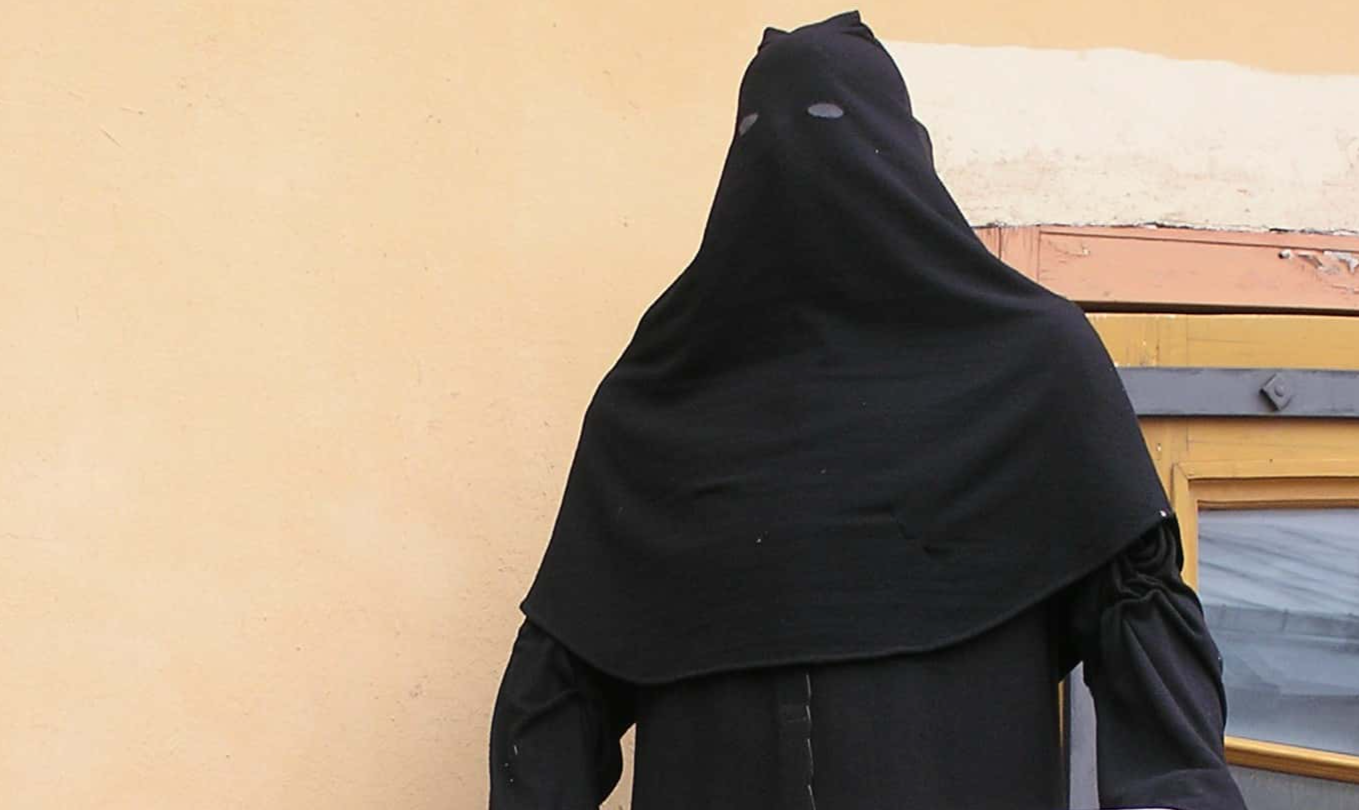 Wikimedia Commons, Andrew Butko
Wikimedia Commons, Andrew Butko
15. A Few Acres of Snow
Voltaire, an 18th century writer known as much for his sneering wit as his soaring turns of phrase, had little concern for Canada whom he denigrated as “a few acres of snow” and a “country covered with snows and ices eight months of the year, inhabited by barbarians, bears and beavers".
14. Polar Express
The town of Churchill, Manitoba sits on the lip of the Arctic. As such, it is a town frequented by the mighty polar bears, whom are often seen lumbering through town or holding traffic up. It is reported that people in this small town sometimes leave their cars and houses unlocked in order to offer some refuge for a resident fleeing a hungry bear!
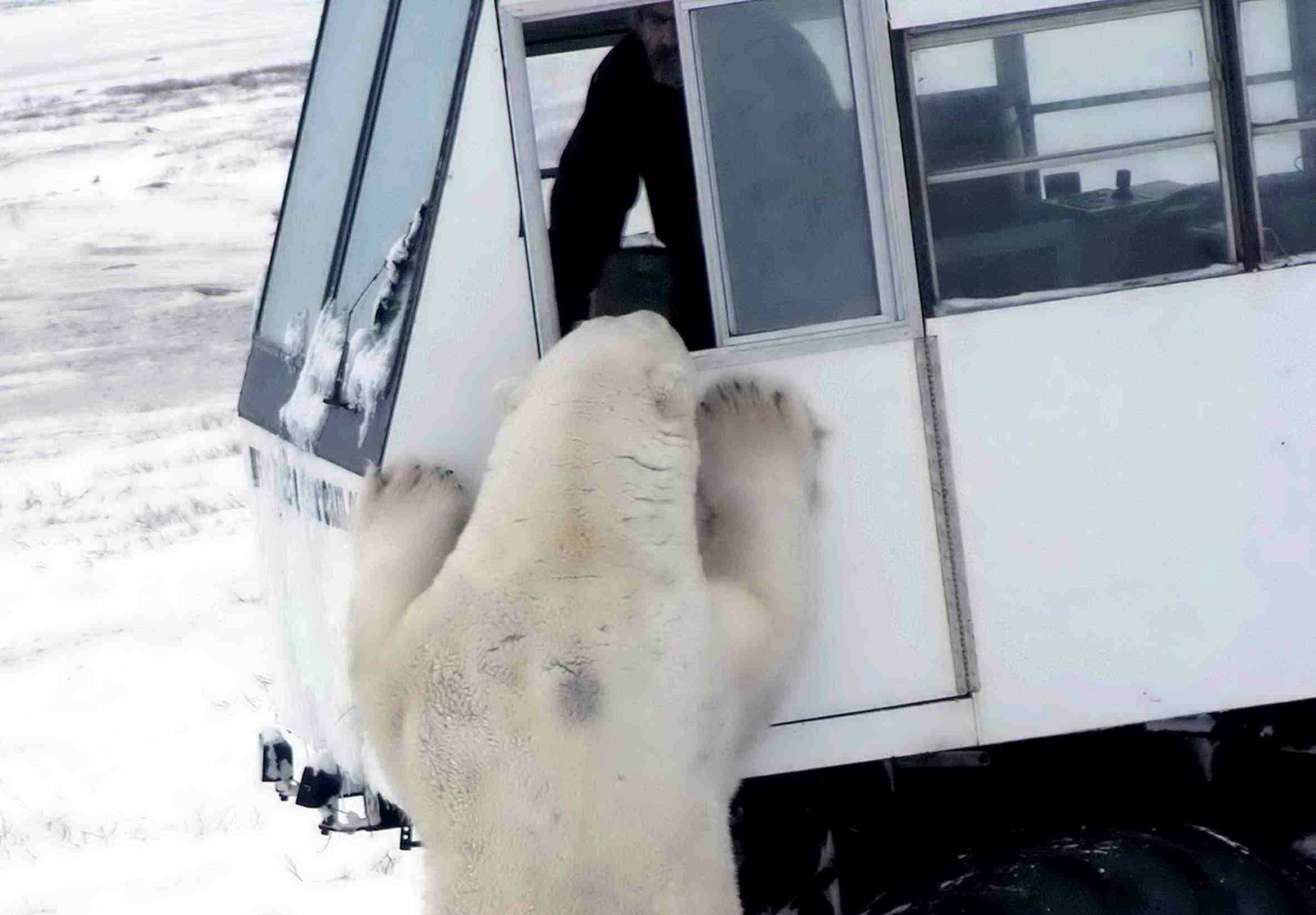 Wikimedia Commons, Ansgar Walk
Wikimedia Commons, Ansgar Walk
13. A Country by Any Other Name
Canada means "village" in the language of the Iroquois, but Canada was not always a lock for the name of the young country during its independence in 1867. Other names proposed and discussed included Borealia, Laurentia, Transatlantica, Ursalia and Victorialand.
12. Serious Referendum
In 1995, the Canadian province of Quebec had a referendum on whether they wanted to stay as part of Canada or leave and form an independent state. A whopping 93% of the province came out to vote on the question. The “No” side carried the day by a very small margin of around 50,000 votes.
11. Canadian Content
Canadian radio must follow Canadian content regulations that specify that at least 35% of the music being played between 7AM and 9PM must be Canadian in some way. That’s a lot of Bryan Adams!
10. Fresh Snow
What performer made the best-selling and highest-charting reggae single in history, landing them in the Guinness Book of World Records twice-over? Bob Marley? Afraid not. The answer is the white Canadian rapper and reggae artist Snow, whose hit single “Informer” hit #1 on the charts in 1992, eventually selling an incredible 8 million copies.
 Wikimedia Commons, ShowBizz The Adult
Wikimedia Commons, ShowBizz The Adult
9. Stolen Valor
Canada has an all veteran, all volunteer organization that is dedicated to exposing imposters attempting to pose as army personnel or veterans.
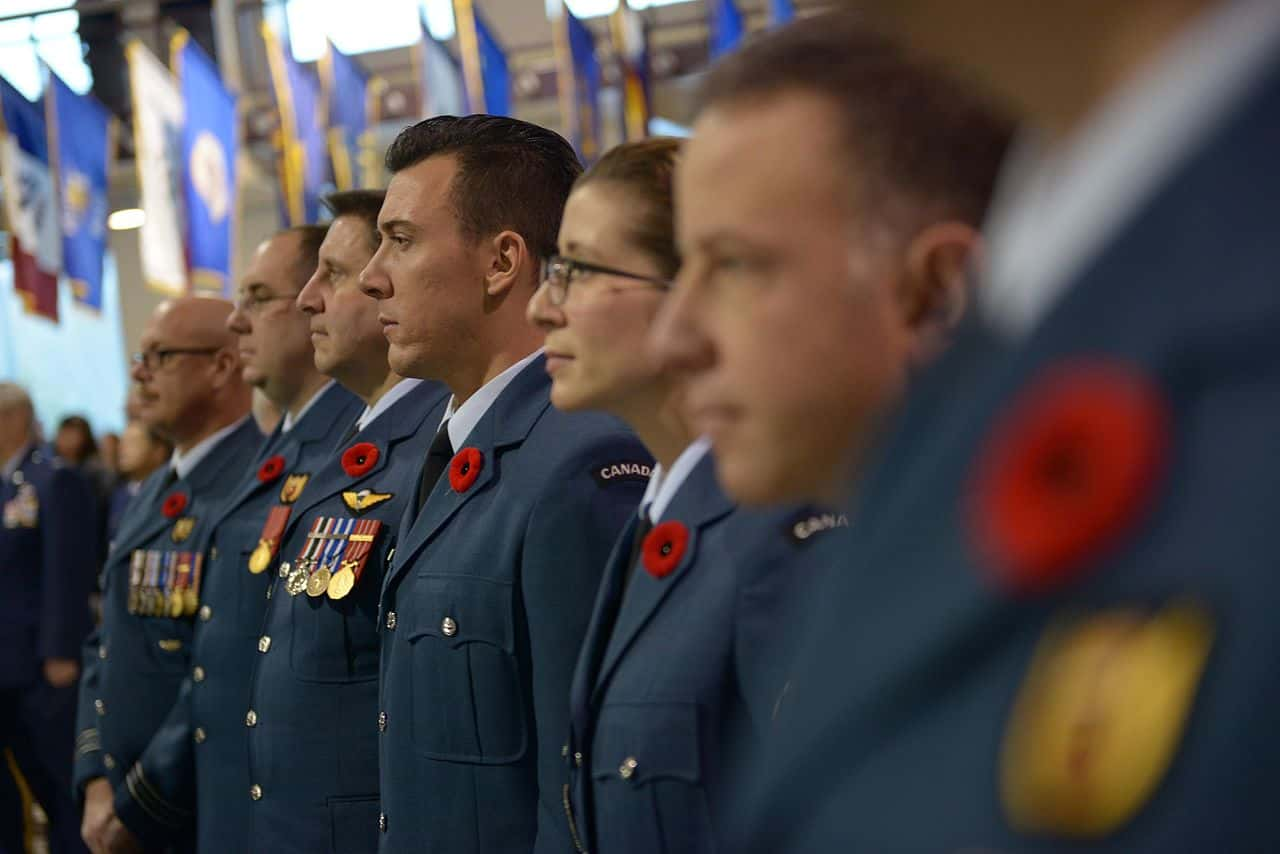 Wikimedia Commons, Staff Sgt. William Banton
Wikimedia Commons, Staff Sgt. William Banton
8. True North Cold and Free
The coldest temperature ever recorded in Canada was -63 C (-81.4 F), recorded at Snag, Yukon in 1947. This is a colder temperature than any other recorded temperature in any other country in North America, except for the uninhabited country of Greenland.
7. Is it Too Late to Say Sorry?
Canadians are notorious for saying "sorry" at the least bit of offence. In the Canadian province of Ontario, though, an apology does not necessarily mean taking responsibility. That’s because the province has a piece of legislation called the Apology Act, that states that, legally speaking, an apology is not an admission of fault or liability. Sorry!
6. Final Battle
Duelling—that pre-arranged form of combat, usually with pieces, used to determine a man’s honor—fell by the wayside by the end of the 19th century. Canada’s last reported duel occurred in 1873 and was hilariously absent of the steely-eyed toughness and honor-bound custom that one would expect. As the two men, armed with pieces, stood back-to-back and began pacing the requisite ten steps before turning and firing, they were both gripped by an overwhelming terror at what was about to occur. As they turned to fire, one hit the ground almost immediately after having fainted from fright. The other was completely gripped with horror, believing he had ended the other. Soon after, it was revealed that the pieces had been loaded with blanks!
5. First Thanksgiving
The first Thanksgiving ever hosted in North America was done in Canada by English explorer Martin Frobisher in Newfoundland in 1578 as part of his voyage to find the Northwest Passage. It was a whole 43 years later—in 1621—that the pilgrims hosted a Thanksgiving at Plymouth Plantation in Massachusetts. So I guess that’s why they’re held in different months?
4. 19 Acres and Some Cereal
In the 1950s, the breakfast cereal Quaker Oats offered consumers one square inch of land in the desolate Northern Canadian territory of the Yukon with purchase of boxes of their cereal. The giveaway turned out to be a lawful nightmare for Quaker Oats, but twenty one million deeds, representing about 19 acres of land, were printed off and placed in Quaker Oats boxes across the country. Boxes flew off the shelves but it is unlikely anyone ever claimed their several inches of land. For their part, Quaker Oats never paid taxes on the 19 acres and, alas, the Canadian government reclaimed it for a cool $37.20 in 1965.
3. Smugglaroos
The children’s snack food Dunk-a-roos were discontinued in the United States in 2012, but production continued apace in Canada—a fortunate fact for some Americans who desperately want to get their hands on the cookie and icing treats. In 2016, General Mills, the producer of Dunk-a-roos, announced a campaign called “Smugglaroos,” encouraging Canadians traveling to the United States to bring packages of Dunk-a-roos to their American friends. It’s only fair, after Americans spent years bringing Canadians all the weird new flavors of Oreos and Pop-Tarts.
2. Blame Canada
Did you know that the defection of a Soviet clerk to Canadian authorities is sometimes cited as the triggering event of the Cold Conflict ? That’s correct. In September of 1945, just three days after the end of World W.II, Joseph Gouzenko defected from his position as a Soviet cipher clerk, bringing along with him a briefcase of 109 documents regarding Soviet espionage activities in the West, including plans by Stalin to take nuclear secrets! These events sparked a massive investigation into Soviet spying by the Canadian government, who took into custody 39 suspected Soviet spies. It also prompted Canada’s Allies, including the United States and the UK, to take a hard look into Soviet infiltration of their countries as well.
1. A for Effort
During World WII, the Canadian army gave out buttons to individuals who had signed up to join the conflict effort but whom were refused due to various medical reasons. The purpose of these buttons was to show that these individuals were willing to fight as part of Canada’s conflict effort.
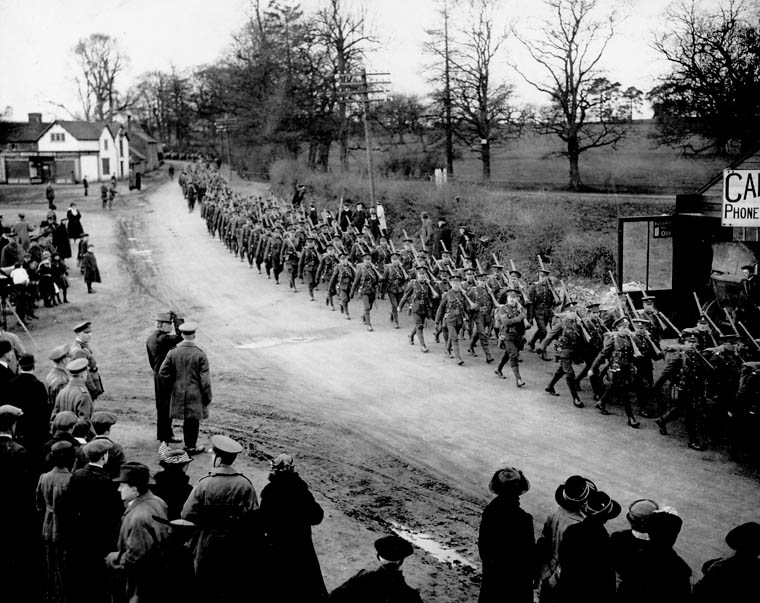 BiblioArchives / LibraryArchives, Flickr
BiblioArchives / LibraryArchives, Flickr
Sources: 1, 2, 3, 4, 5, 6, 7, 8, 9, 10, 11, 12, 13, 14, 15, 16, 17, 18, 19, 20, 21, 22, 23, 24, 25, 26, 27, 28, 29, 30, 31, 32, 33, 34, 35, 36, 37, 38, 39, 40, 41, 42, 43, 44, 45, Reddit


